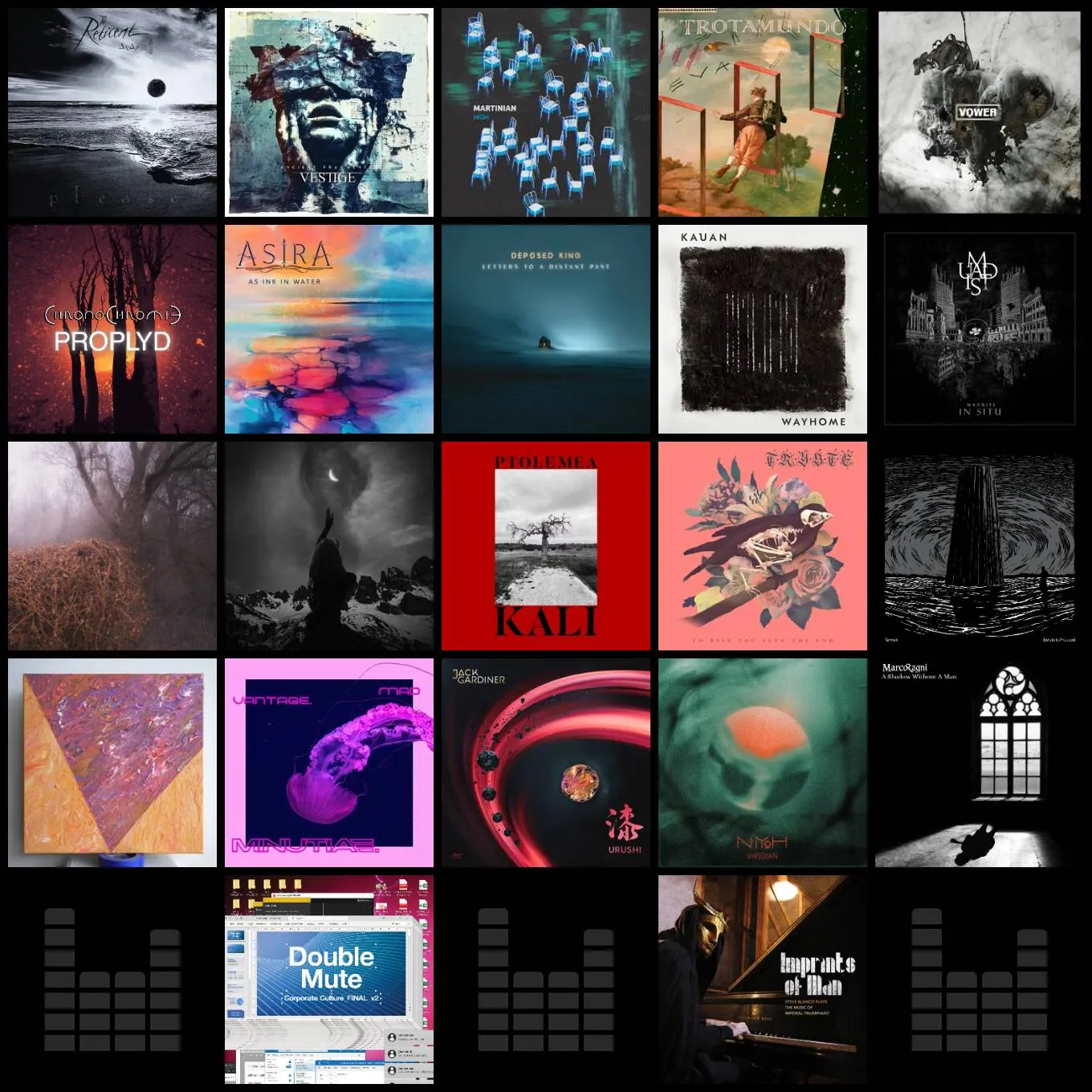
Interview with Entheos’s Chaney Crabb: Beginnings and Ends
In this interview, we sit down with Chaney Crabb, the commanding vocalist of the progressive death metal band Entheos. Formed in 2015 with a line-up of established artists, Entheos has developed into a collaboration primarily between Crabb and her husband, Navene Koperweis, who is renowned for his work as a drummer, guitarist, and producer. Koperweis’s prolific career includes stints with Animosity, Animals as Leaders, Fleshwrought, and his solo work under the name Navene K, as well as numerous appearances as a session musician. Together, Crabb and Koperweis have led Entheos to prominence in the metal world, beginning with their 2015 debut EP “Primal” and followed by two full-length albums, “The Infinite Nothing” and “Dark Future”. Their latest offering, the freshly released EP “An End to Everything”, continues to push the boundaries of modern metal, blending extreme heaviness with a sense of deep exploration.
Entheos’s music is a powerful blend of death metal and progressive elements, marked by technical precision and intricate songwriting. Bassist Evan Brewer’s unique slap-based technique adds a distinctive groove to the band’s sound, while Crabb’s intense and versatile vocals elevate the music’s aggression and atmosphere. Her ability to transition between guttural growls and piercing screams brings a raw energy that contrasts perfectly with the band’s more experimental moments. With last year’s full-length “Time Will Take Us All” and their newest release, “An End to Everything”, Entheos continues to carve out their place as innovators in progressive death metal, offering fans a complex yet crushing sound that is unmistakably their own.
Hey Chaney, thanks for taking the time to talk to The Progspace! To start, what’s your origin as a music lover? How did you first get into music?
It’s hard to pinpoint because I don’t remember a time when I wasn’t interested in music. If I look at pictures from my childhood, music was always there. My mom was a singer, and my uncle played bass. Until I was about two years old, I lived with my mom, grandma, and uncle, and they bought me things like little acoustic guitars and a first act drum kit. Music has been part of me from the beginning.
I’ve always loved listening to music, but my first real obsessions were Destiny’s Child and Shakira. Around seventh grade, I started going to metal shows. I was probably 12 or 13, and that’s when I really got into metal vocals. I was also in a swing choir and even performed in ‘Fiddler on the Roof’ in middle school. But the shift to metal happened when I was about 12 or 13. I started by listening to bands like System of a Down and Slipknot—being from Des Moines, Slipknot was a big part of the local culture.What drew me to metal was its emotional range. It can be heavy and grimy but also soft and introspective. That variety really connected with me.
That leads me perfectly to my next question. Throughout Entheos’ discography, you use a lot of different vocal techniques, tones, and vibes. How did you develop your vocal skills?
Lots of practice. Actually, 10 years ago today, I posted a cover of a Veil of Maya song online. I recently revisited it, and my voice has evolved so much in that time. When I started, I wanted to sing and scream, and that was my foundation. But over the years, I’ve been influenced by bands like Gojira and Intronaut, where they use what I call “pitched screaming” or grittier vocals. I’ve always tried to expand my vocal toolkit so that I can use different techniques when a song calls for them. I’m constantly fascinated by what new vocalists are doing and always want to learn. It’s about keeping myself evolving, both as a vocalist and songwriter.
When you got serious about metal vocals, what was your first band?
My first band was just me and some friends jamming when I was 13 or 14. I don’t even remember the name, but my first serious band was called Prevail in the End. It was all about finding people in Des Moines who were into the same scene. Back then, Des Moines had a really vibrant music scene with a lot of great metal musicians. I also played in a band called From Citizen to Soldier and did a bunch of local shows around Iowa. It was really the beginning of me as a death metal vocalist, what some might call “MySpace deathcore.” That’s where you can see the foundation of what I do now.
How did that band come together?
From Citizen to Soldier was already a legendary band in the Iowa scene when I joined. They’d been around for about five years and had two vocalists before me. I was a huge fan of bands like Despised Icon, and when I saw bands with multiple vocalists, I knew I wanted to learn all those vocal styles so I wouldn’t need a second vocalist.
When their original vocalists, Danny and Luke, left, the band asked me to join. I was a huge fan, so it felt like a dream come true. I remember being at work—at a daycare, of all places—when I got the call, and it felt like Metallica had just called me. I was so excited.
Do you still keep in touch with the guys from that band?
I do. Chris Brophy, the guitarist, came to one of our shows in Des Moines recently. I still keep in touch with Joe Bartruff, the drummer, too. Actually, I’m still in contact with most of my old bandmates. They were some of my closest friends at different points in my life, and I value those relationships. I’ve always had a lot of respect for them.
I’ve heard that staying in touch with people from your past becomes more important as you get older. It helps keep you grounded. Your current band, Entheos, is where a lot of people know you from now. Your main bandmate is Navene Koperweis, and the two of you are also married. Congratulations!
Thank you!

How did you two meet?
We met in 2010. The band I mentioned, From Citizen to Soldier, opened for Animals as Leaders on their tour with Veil of Maya and Periphery. We didn’t know each other at the time, but we had a mutual friend, Dustin Miller, who worked on Navene’s solo project, Fleshwrought. Dustin and I had been friends for years, and I would listen to Fleshwrought mixes at his studio.
Navene and I first met before that show, but we really connected later that night at a party. It felt like an instant connection. We went our separate ways for a bit, but by the end of the year, we were inseparable. He was moving to Los Angeles, and I moved with him. We ended up living in a house with Tosin Abasi from Animals as Leaders and his then-girlfriend Kelela, who has since become a well-known R&B singer. It was an amazing time—we were young, and Animals as Leaders was just starting to blow up. We spent that summer hanging out while they wrote their “Weightless” album. It was a whirlwind, but looking back, it was one of the best times of my life.
To an outsider, it almost feels like a death metal fairy tale. It’s wild, right?
Yeah, even talking about it now, it’s pretty bizarre.
And you also have a podcast together, which makes it clear that you two could talk endlessly without getting bored. I mean, I know couples who are just like, “I can’t even talk to her anymore.”
Oh, we all know couples like that. It’s funny because every morning, Navene and I have coffee and end up having a two-hour podcast-like conversation in our kitchen. We often joke that we should have recorded it because we could talk forever. We’re best friends—it’s pretty awesome.
So, how did Entheos come together as a band?
It came together pretty naturally. Navene had a solo project called Navene K. He was touring Europe with Tesseract and Animals as Leaders, right around the time I posted an audition video for Veil of Maya, which went viral. Navene was in Europe during all this, and while he enjoyed doing his solo project, he found it lonely being a one-man band. Part of the fun of being in a band is the camaraderie—celebrating together when things go well. So, when he got back from Europe, we decided to start a band together.
It just made sense—we had been together for five years already. Around the same time, Frank Costa, who was the guitarist in Navene’s old band Animosity, wanted Navene to record his solo project, Realms of Vision. But Navene said, “Forget the solo project, let’s start a metal band, and Chaney can be the vocalist.” So Frank joined.
Then came the nerve-wracking part: asking Evan Brewer (bass) to join. Evan had just left The Faceless, and Navene and Evan had worked together for years. So, when we asked him, he immediately said yes.
We thought we’d just write an EP and play a show for fun, but once we announced the band, things took off. We got an album offer and a tour within a month. It was kind of surreal, especially for me. I was joining a band with these legendary musicians, but I didn’t feel secure as a vocalist yet. Our first tour was with Veil of Maya, ironically.
In hindsight, I wish we’d had more time to figure things out before the spotlight hit us. We didn’t even know what kind of music we were going to make. Everyone came from such different backgrounds—Evan from solo projects, Frank from rock, and Navene from electronic music. We were just friends jamming, like a high school band, not a well-oiled machine.
At the time, people were calling you a “supergroup,” like a band formed with a clear purpose. But it seems like that wasn’t really the case.
Not at all. It was intimidating to have that label thrown on us. Back then, we had no idea where we wanted to go musically or artistically. But now, Navene and I know exactly what we want for the band—musically, visually, everything. I do think things happen for a reason, though. The pressure made us grow quickly, and by 2020, five years into the band, we really started honing in on our direction. That’s also why I’m glad we waited to sign with Metal Blade until we had a clearer sense of what we wanted.
You’ve had some turbulent lineup changes, especially with guitarists. How did you keep the band going through that?
The main reason we kept going is that Navene has written most of the guitar parts from the start. We used to want everyone to feel like equals in the band, but Navene writes really fast, and it was hard for guitarists to keep up or feel fully involved. Navene and I live together, so we’re constantly discussing the band. I can understand how other members might have felt like it was “our” band because we’re always working on it together.
During the five-year gap between our second and third albums, we weren’t sure what to do. Having just two core members while hiring live musicians is rare, and we were scared—would fans and labels accept us? But we kept pushing because we believe in what we’re doing, and our manager, Steve Davis, has supported us from the beginning. He’s a big part of why we’ve been able to stick together.
It’s unique to have such a different path for the band. It seems fitting since you’re creating unique music.
Definitely. I look up to people like Devin Townsend or Frank Zappa, who lead the music and bring in amazing players to perform live. For example, next week we’re playing a festival, and Scott Carstairs from Fallujah and Michael Stancel from Allegaeon are playing guitar with us. It’s cool to hear them interpret our music in their own way, and it keeps our live shows fresh. It’s the kind of energy I want to see in other bands, so it’s awesome to be able to do that with ours.
What’s Evan Brewer’s role in the band now?
Evan is one of our best friends. He lives nearby, and we see him a lot. His musical voice is so unique—it’s hard to replace that. We’ve tried replacing him with other bassists, but it’s just not the same. There’s a chemistry between Navene, Evan, and me that’s hard to replicate. That’s why we don’t bring a live bassist on tour and are still waiting to see if Evan will tour with us again.
We even had someone else record all the bass parts for “Time Will Take Us All”, but when we found out Evan could record, he rewrote the entire album. His style is so distinct that there are maybe three matching notes between the two versions.
That must have been a tough conversation—telling the other bassist, “Hey, we’re going back to Evan.”
Yeah, it wasn’t easy, and he wasn’t happy with us for a while. He’s a fantastic bassist, well-known in his own right, but we knew we needed Evan’s unique voice on the album. We did pay him for his work, so it wasn’t a matter of disrespect, but it’s always tough to break bad news like that.
Okay, so with Entheos, you’re the lyricist. What’s your approach to writing lyrics? I mean, you’re not exactly going for light or humorous topics.
Yeah, you’re right. I don’t write about funny or easy-going stuff. My lyrics tend to get really dark and heavy because I use them as a way to process intense emotions. For example, the upcoming EP, “An End to Everything”, is about a close friend of mine who essentially lost his life because of his involvement with someone addicted to heroin. I saw him enable destructive behavior, and ultimately, he died because of it. It was heartbreaking to witness, and we—his friends—felt powerless to stop it. Writing this song was my way of processing that experience and paying tribute to him. He was a big fan of progressive metal and a huge supporter of Entheos, so this EP is really dedicated to him.
He passed away before “Time Will Take Us All” was released, and I was so excited to share it with him. He would’ve loved it, and knowing that made his loss even harder to deal with. So, I write from a deeply personal place. “Time Will Take Us All” is a concept album inspired by an accident I was in, reflecting on time and how much of it we have left with the people we care about. It’s all very existential, and that’s where my mind goes when I’m writing lyrics. I lock myself away for days, sometimes weeks, obsessing over the lyrics. During those periods, I don’t hang out with people much, and even Navene can barely reach me.
Ironically, the writing tends to happen during the gloomy fall and winter seasons here in Tennessee, which only adds to the mood. It’s a very melancholy, introspective process for me.
You’ve done a lot of viral videos where you perform raw takes of your music. The intensity really stands out, not just when you’re screaming but even in the breaks between. What’s going on for you emotionally during those performances?
It’s funny because I didn’t really think about that side of it until people started commenting on those videos. None of it is planned or “phoned in.” It’s just how I am when I perform vocals. I feel everything intensely, and I guess that comes through in my body language. I’ve seen others try to emulate that, but it can feel forced. For me, it’s just natural—what you see is exactly what I’m feeling in the moment.
And how do you handle the exposure from those videos? It’s not just Entheos fans watching; they’re being shared widely.
Yeah, it’s surreal. It doesn’t really hit me until someone recognizes me in random places. Like, I was at a bar in a small town in California for my brother-in-law’s wedding, and someone recognized me there. That’s when it hits me—how far those videos have reached. Even rappers like Drake or podcasts like Your Mom’s House have come across my videos. It’s wild. Maybe it’s because I grew up in the pre-internet era, but the power of the internet still surprises me. But it’s been great for our band, no doubt. I remember when playthrough videos started to become popular. Some musicians thought it was corny, but those who embraced it have grown bigger than ever. Take Lorna Shore, for example—they recently sold out a 5,700-cap venue. That’s huge for a band like them, and I think the internet has played a massive role in that success. I always tell my friends to take advantage of it because it can improve so many aspects of a band’s career, from audience reach to tour success.
Yeah, it can even bring in different types of crowds. I saw Rivers of Nihil open for Lorna Shore here in Munich, and they mentioned the crowd felt more like techno fans than metalheads.
Exactly. We played some Christmas shows with Lorna Shore last year, and it was clear that many in the crowd weren’t typical metal fans. But that’s a good thing! Lorna Shore is introducing new people to the genre, and it trickles down to other bands like Rivers or Aborted. So, it’s a great way to expand the fan base.
So, “Time Will Take Us All” was released last year, and it took a long time to make. Now you have the new EP, “An End to Everything”. What was your goal with that?
“Time Will Take Us All” is a concept record meant to be listened to as one continuous piece, though it’s divided into individual tracks. It’s very prog in that sense. For “An End to Everything”, we wanted to write five standalone songs. We also worked closely with Mark Lewis, who produced the EP. He’s a close friend of ours, and we wanted to see what it’d be like to create a project with him. This EP was kind of a test run before doing a full album with him, which is in the works for later this year.
We knew we wanted to try something a little different with this EP. We were also lucky to get Metal Blade to support us in making music videos for each song. Our intention was to release five singles throughout the year and have visuals for every track.
Is there a connection between “Time Will Take Us All” and “An End to Everything”? Some riffs feel like callbacks.
Yeah, that’s definitely Navene’s prog sensibility at work. He loves to sprinkle elements from previous records into new ones. Even on “Time Will Take Us All”, you can hear bits from “The Infinite Nothing”. He enjoys weaving those connections throughout our work.
How do the music and lyrics come together? Are they written separately or together?
Navene and I work closely together during the writing process. He demos the guitars and everything in our home studio, and I’m there to make sure the songs fit vocally. We tweak things back and forth to ensure it all works as one cohesive piece. If I think a part needs more room for vocals or a different direction, we’ll adjust it. We essentially produce the music together, so it becomes a unified whole. The key is making everything work together, not against each other. That’s why we decided to work with Mark Lewis. We have a great relationship with him, and he really understands us.
What makes Mark one of the best engineers and producers in the world is that his goal isn’t just to crank out something generic. He brings a band into the studio and helps draw out what makes that band unique. It’s not like some producers where everything ends up sounding overly polished or flat—he’s focused on dynamics.
When Navene and I are working on new material, Mark plays a big role in refining it. With “An End to Everything,” for example, we cut some riffs, repeated others. It was a very hands-on process to make everything cohesive. That’s just how we operate as a band.
Yeah, and you mentioned that collaboration with Mark was kind of like a warm-up for your next album. He’s great—he worked on Nile‘s latest album, “The Underworld Awaits Us All”, and it’s probably the best Nile has ever sounded.
Totally. That record is insane. Navene actually did a lot of the drum editing for it, and yeah, I agree, it’s one of their best. Mark’s worked on so many great records—he’s done a lot with Whitechapel, too, like their song ‘Saw is the Law’. And The Black Dahlia Murder, just to name a couple. He really keeps metal gritty and raw, which is something I really respect.
A lot of bands today sound way too polished, almost robotic, and that takes away from the essence of metal. It makes everything sound the same. I don’t want that for us. Navene’s drumming is so dynamic, and with production that’s too clean, you’d lose a lot of that uniqueness. I think the djent era brought a lot of that overly clean production, but it feels like we’re moving away from that now.
What can you tell me about the artwork for the EP?
For me, the artwork represents the idea of remembering that everything comes to an end. It’s like staring at a reflection of that inevitability. Also, I’m a bit obsessed with eyeballs. If you look at the last two albums, the artwork is very eye-centric, and I’ve got a bunch of eyeball tattoos. It’s become a recurring theme in our art—like a confrontation with yourself.
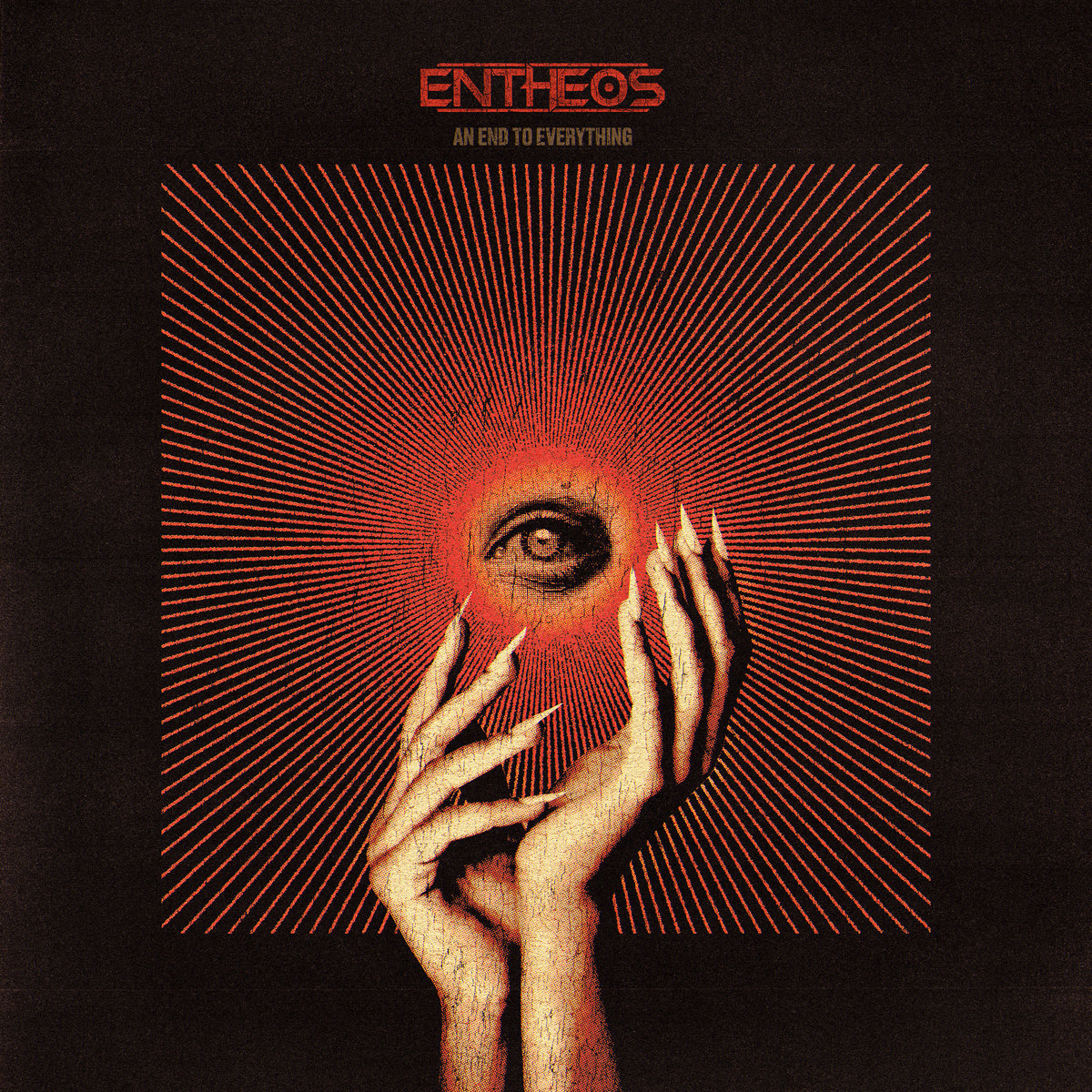
The artwork is fantastic. I hope it gets the success it deserves. Now, shifting gears, you and Navene have a long-running podcast, Kopercrabb. How did that come about?
It was inspired by Your Mom’s House, a podcast by comedians Kristina Pazsitzky and Tom Segura. I’ve been a fan of theirs for years, and I thought, “Hey, we’re a couple in a metal band, running it all ourselves—we have some unique experiences to share.” I really pushed Navene to start the podcast, but it took about a year of convincing him because he wanted everything—audio, video—to be perfect.
We finally started it, and it’s been a blast. We get to sit down once a week, just talk, and bring in friends. It’s cool because, on tour, we rarely get two hours to sit down with our friends and dive deep into their stories. It’s been fun for us, and people seem to enjoy it. Every night on tour, someone mentions they’re a fan, and we call them “golden lobsters.” It’s turned into a great little community.
What I found interesting about the podcast is the contrast between the band’s intense, serious music and the more lighthearted, fun vibe of the show. It gives people a peek into who you really are.
Yeah, I did wonder if that would affect how people see our music, but honestly, I think if I was a fan of someone, I’d want to hear their podcast. It doesn’t change how I feel about their art. We take the music seriously, but we’re also just normal people who joke around a lot. The podcast lets people see that side of us.
I feel like it gives fans a stronger connection. It makes you more relatable, like someone they know rather than a distant artist they only hear through their music.
Exactly. And when we release something, like a new song, we can explain our thought process behind it, giving people a deeper understanding of our work.
When you’re not making music, what else do you enjoy doing?
I work on a lot of art, and I handle the business side of our band. I actually enjoy doing things like QuickBooks and managing numbers. I also paint and draw—it’s all creative stuff. I read and watch documentaries too, but I’m always creating in some way.
So, creativity all around! What’s next for you?
We’re writing a new album right now, which will take up the rest of the year. We also have a tour coming up in January.
Any plans to come back to Europe?
We’ve been talking about it a lot. We had an offer recently, but the costs were too high. It’s tricky because European tours can be expensive—sometimes we’d end up with a massive financial loss right off the bat. So, we’re waiting for the right opportunity, but we’re hoping for next year. Touring isn’t just about saying yes to every offer—it’s our livelihood, so we have to make smart choices. And with everything being more expensive post-pandemic, it’s even tougher.
That makes sense. I hope it all works out well for you. Thanks for the insightful talk!
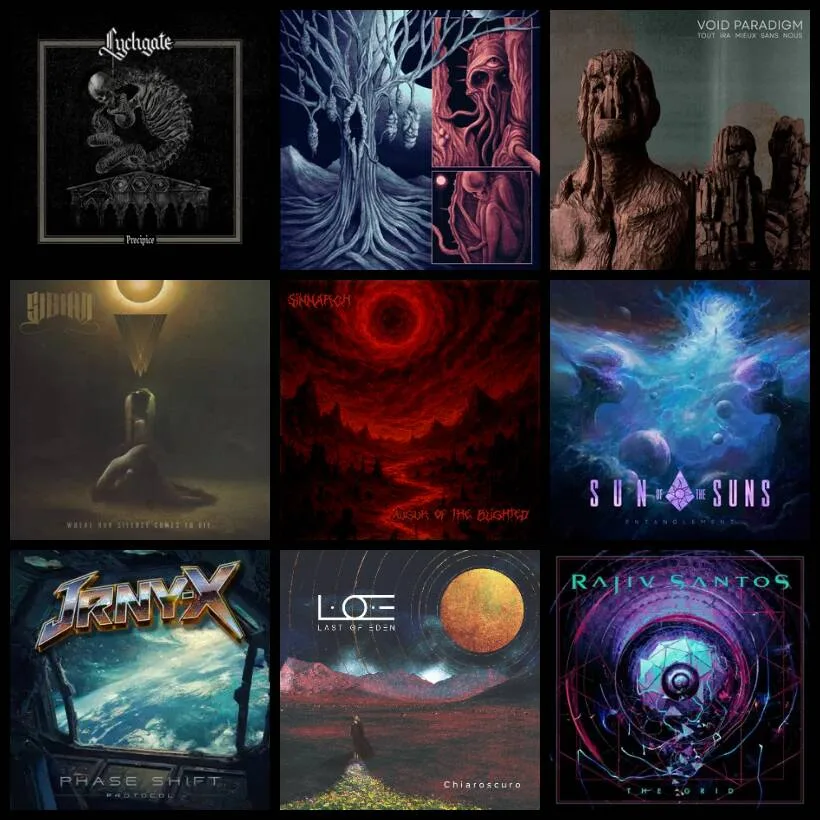
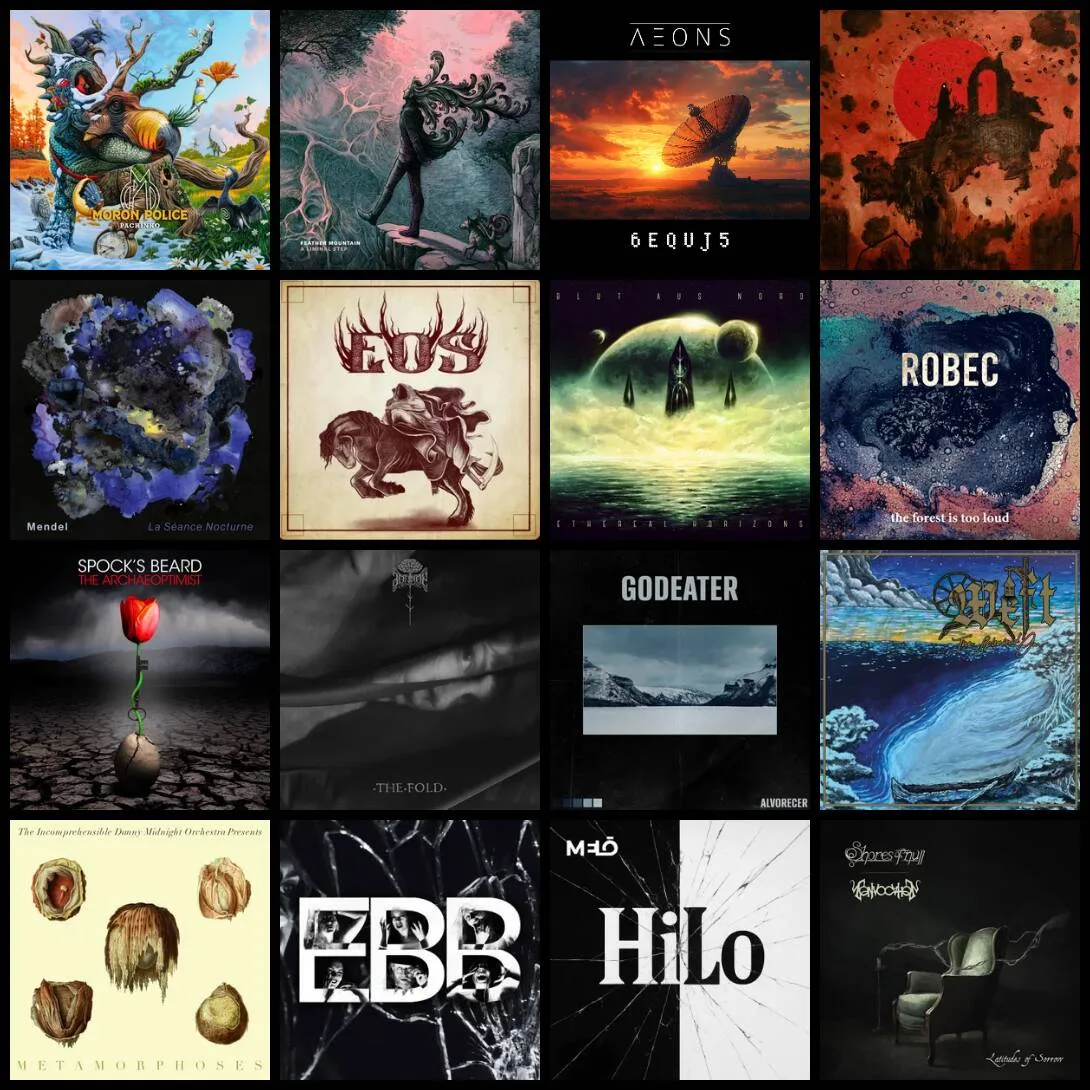
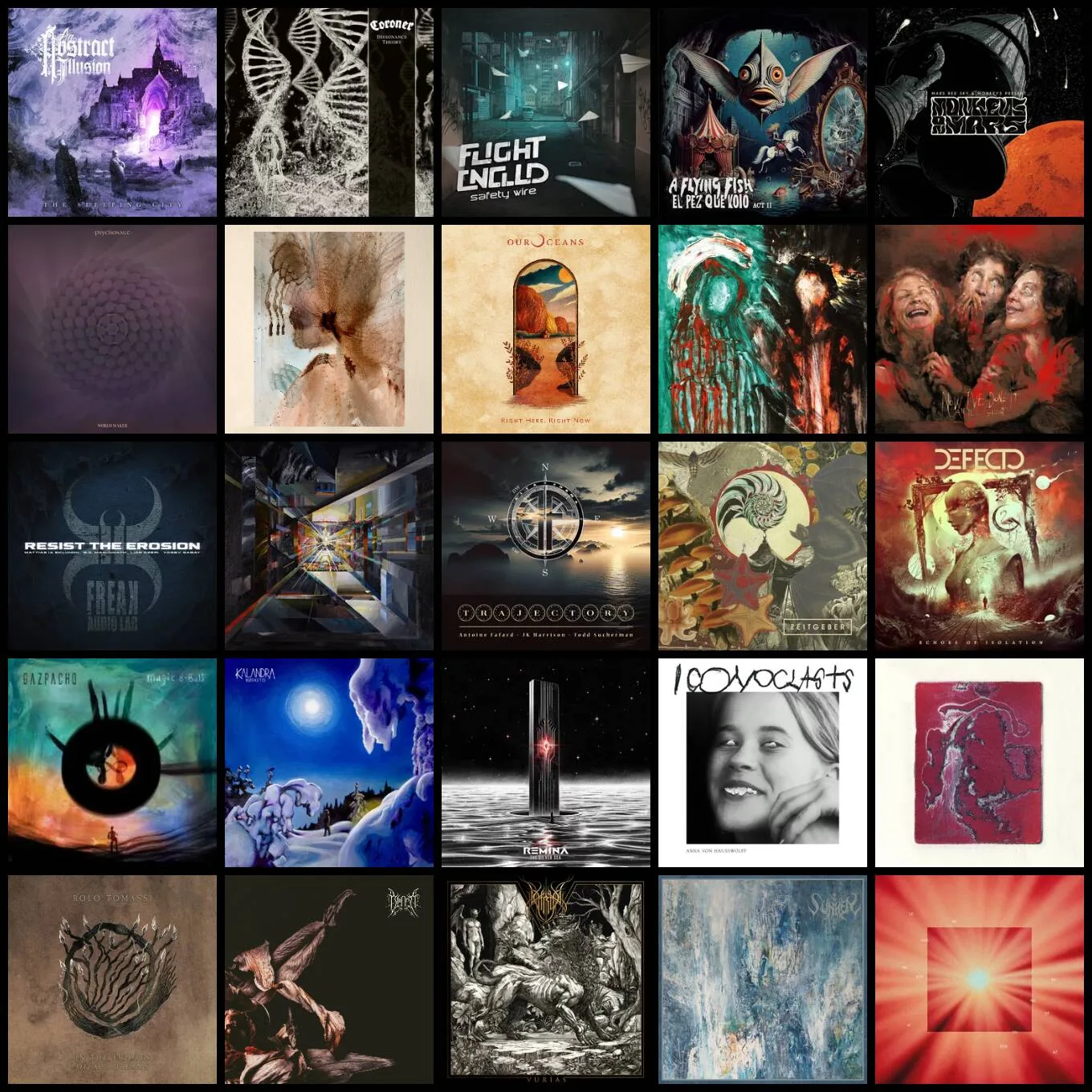
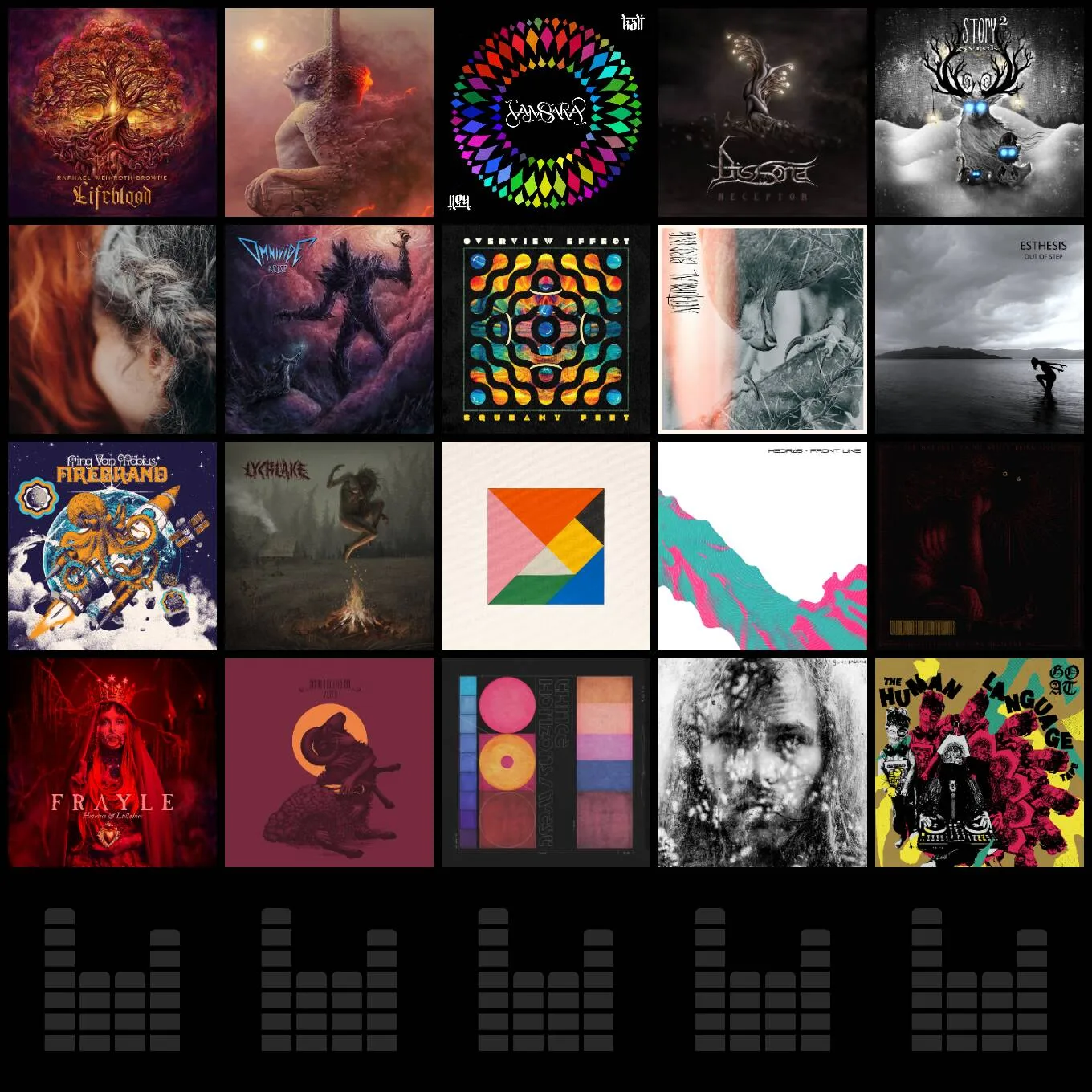
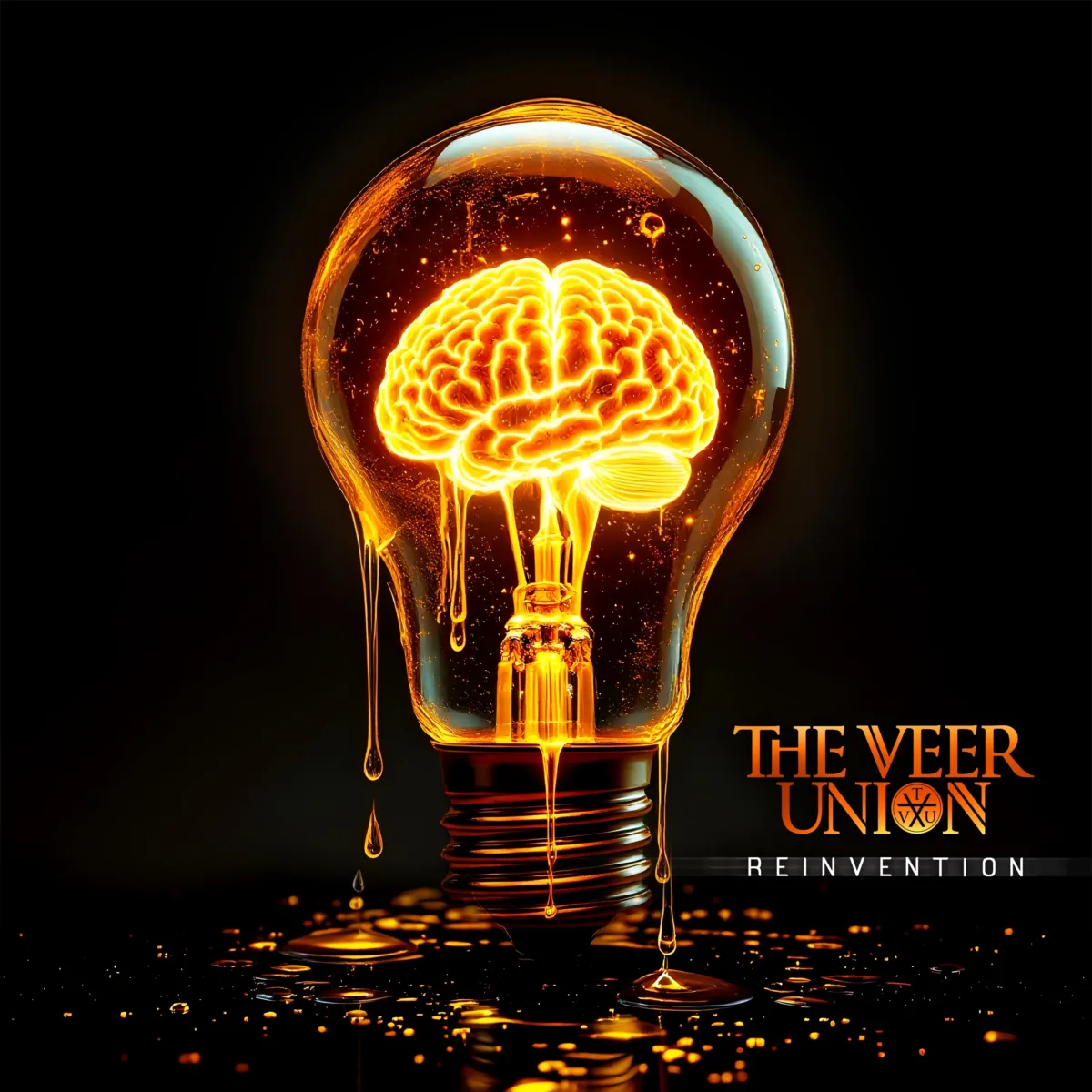
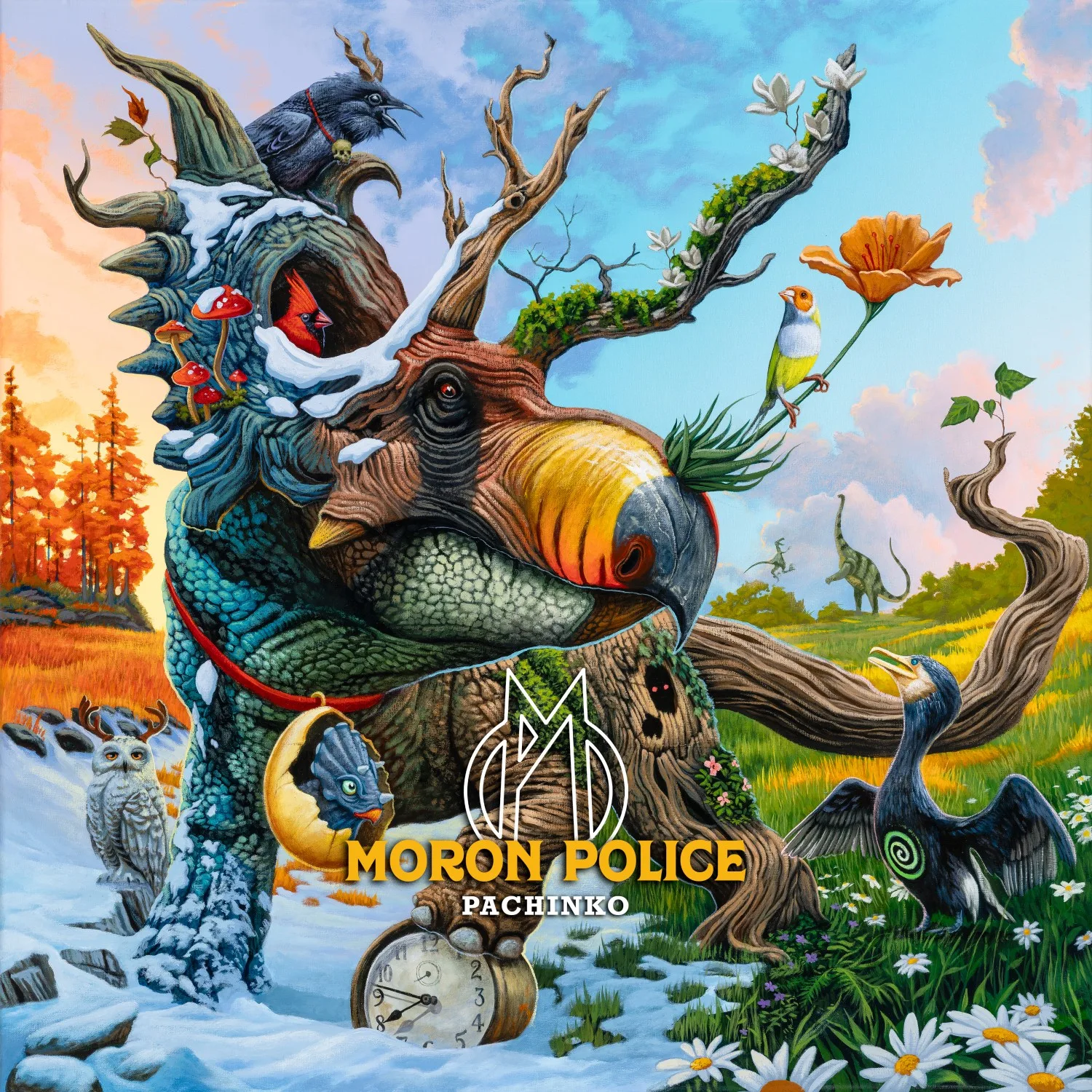
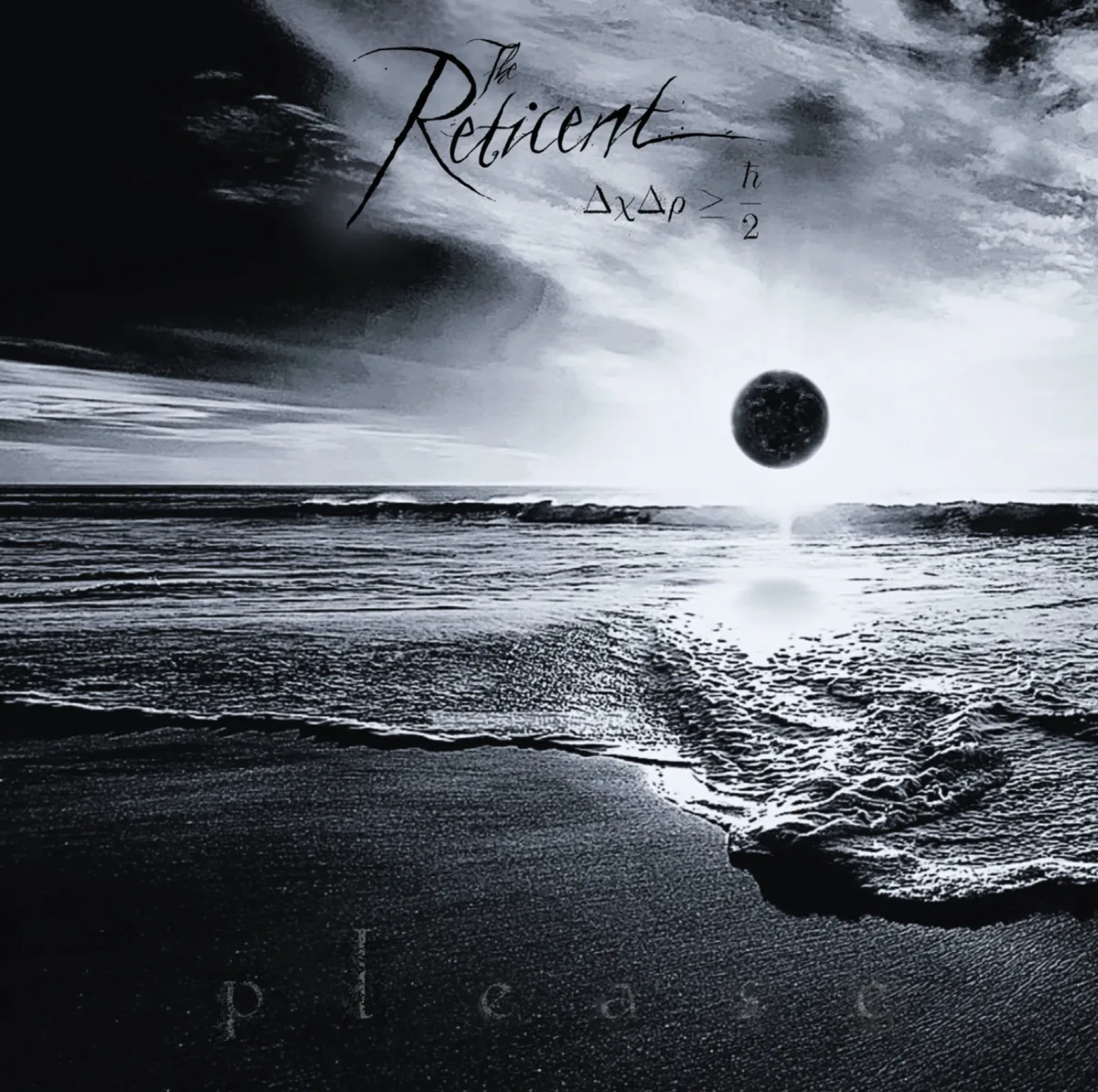
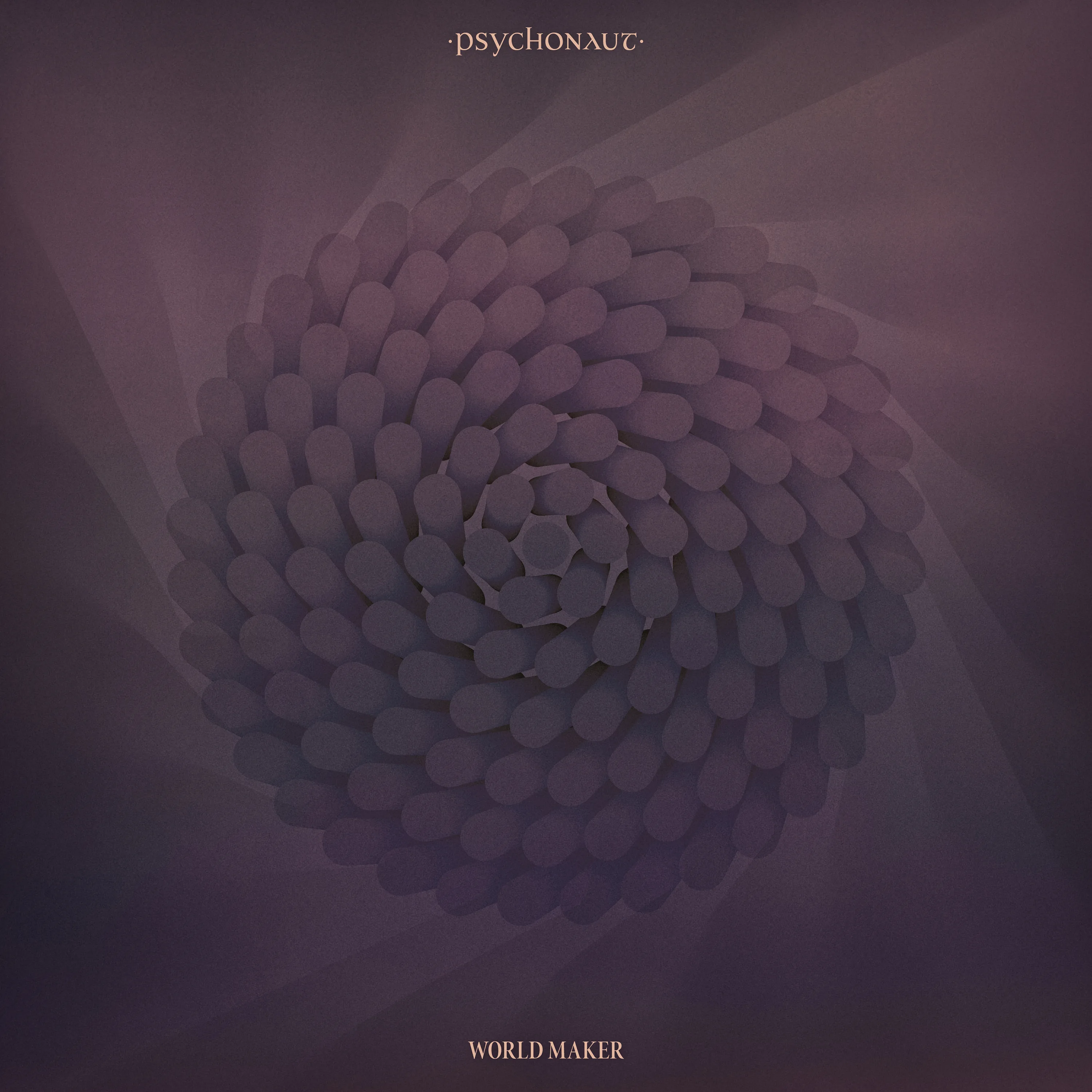
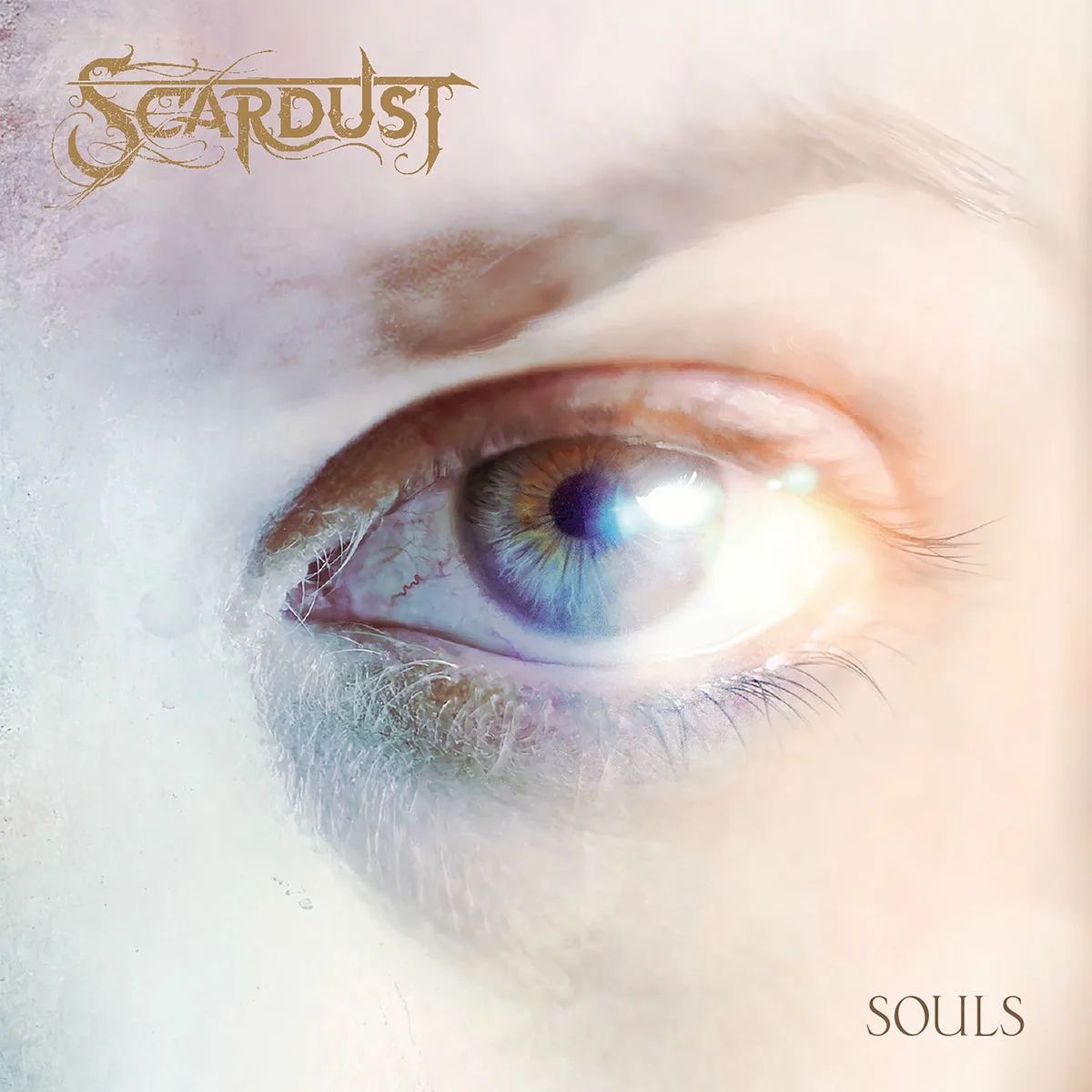
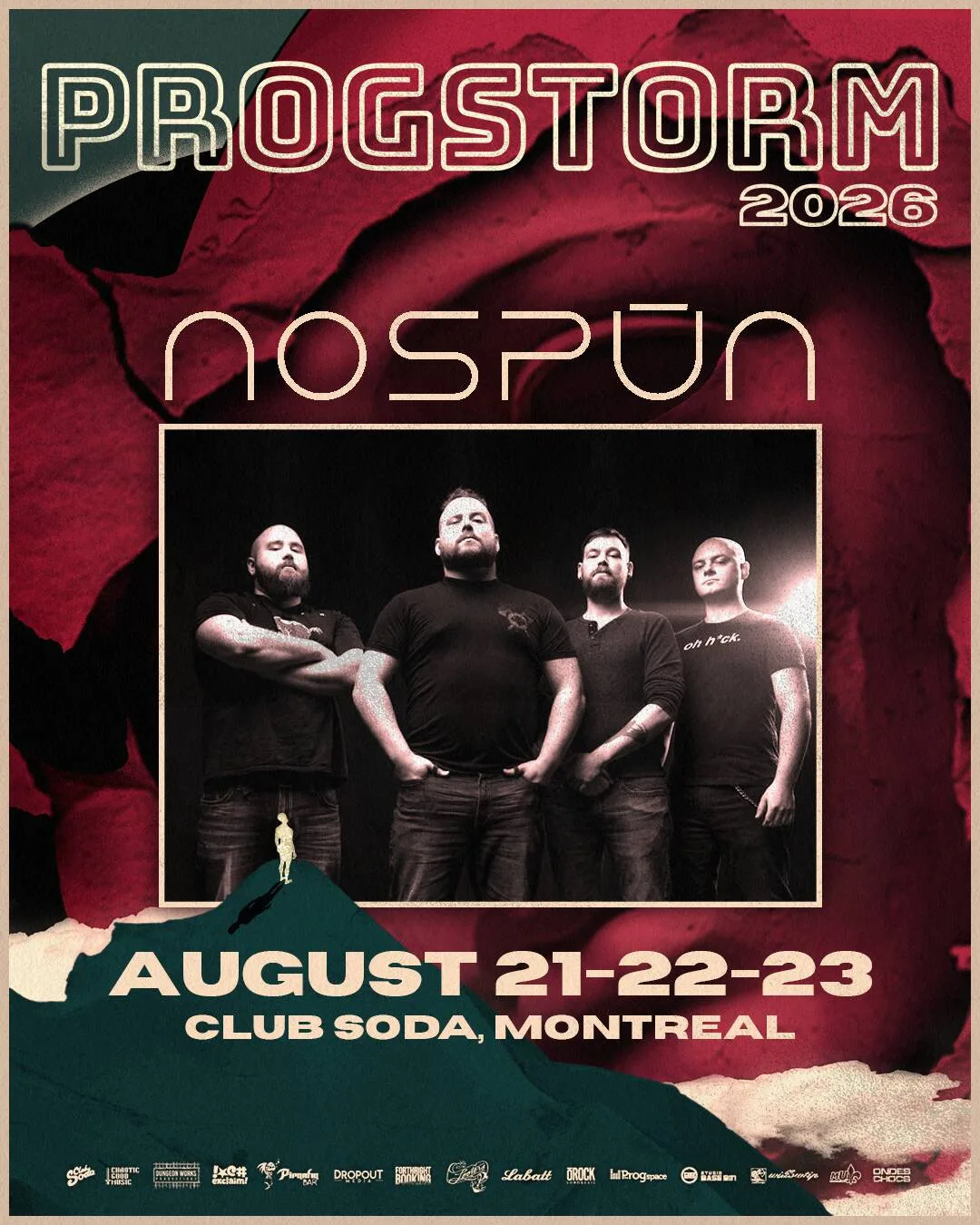
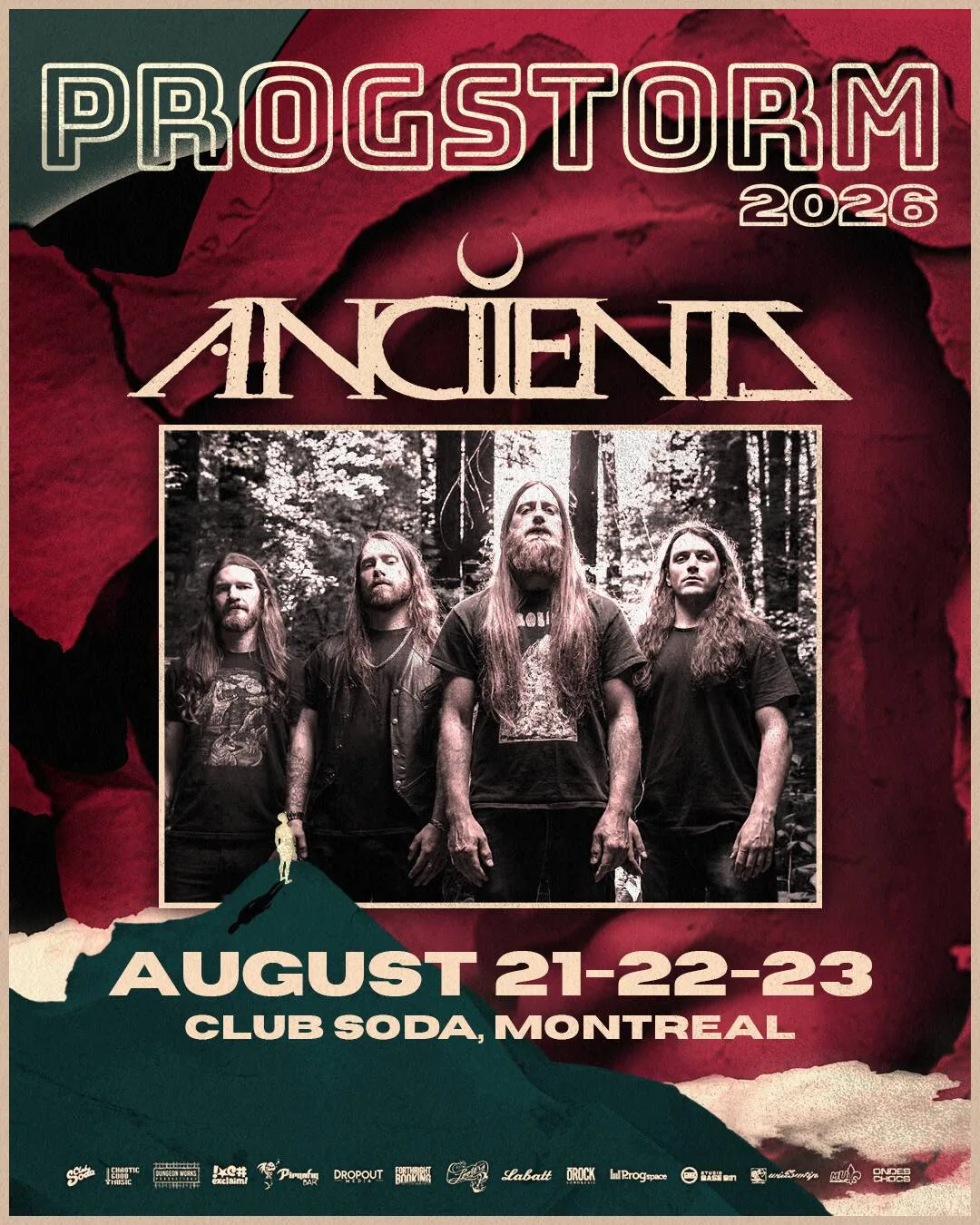
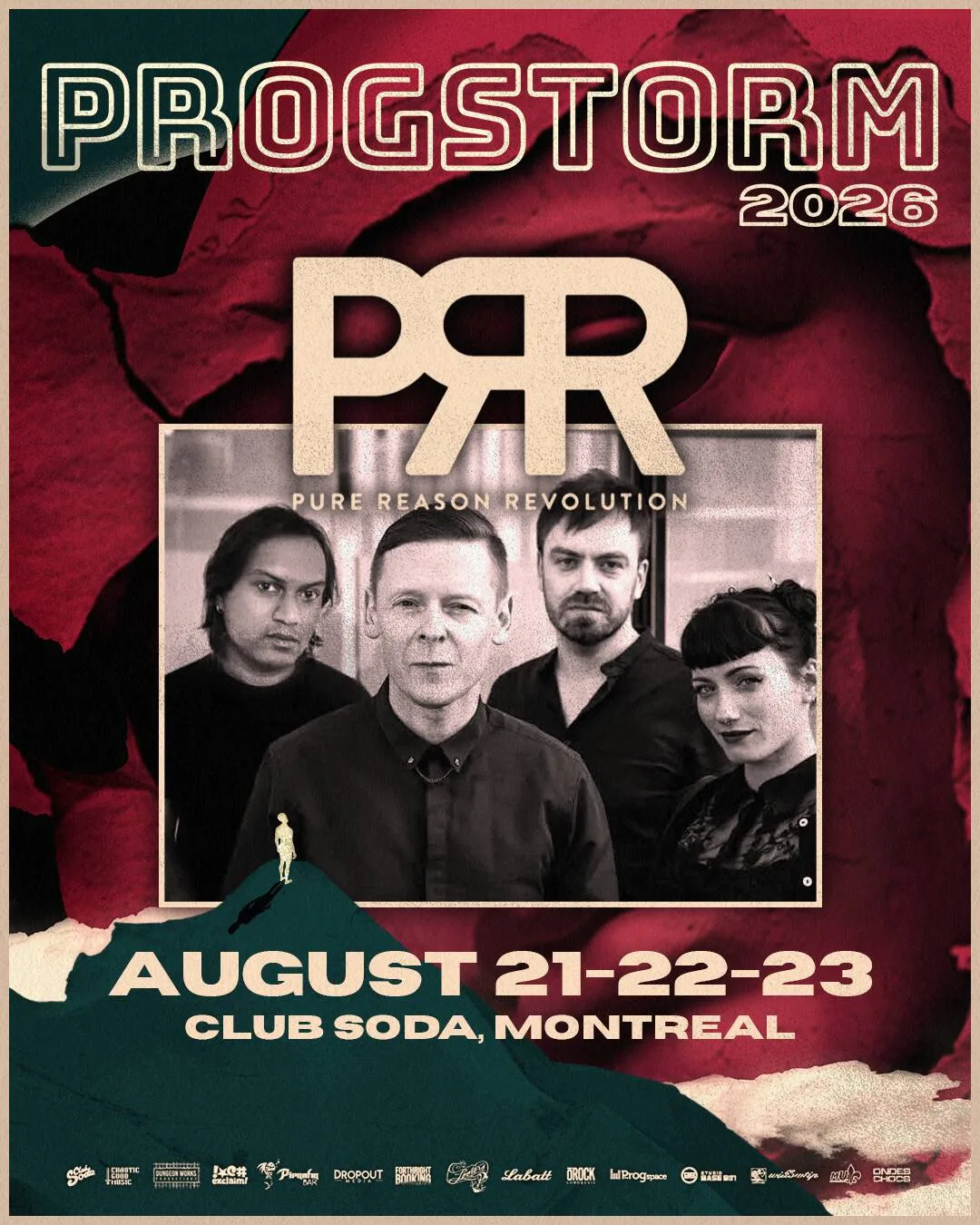
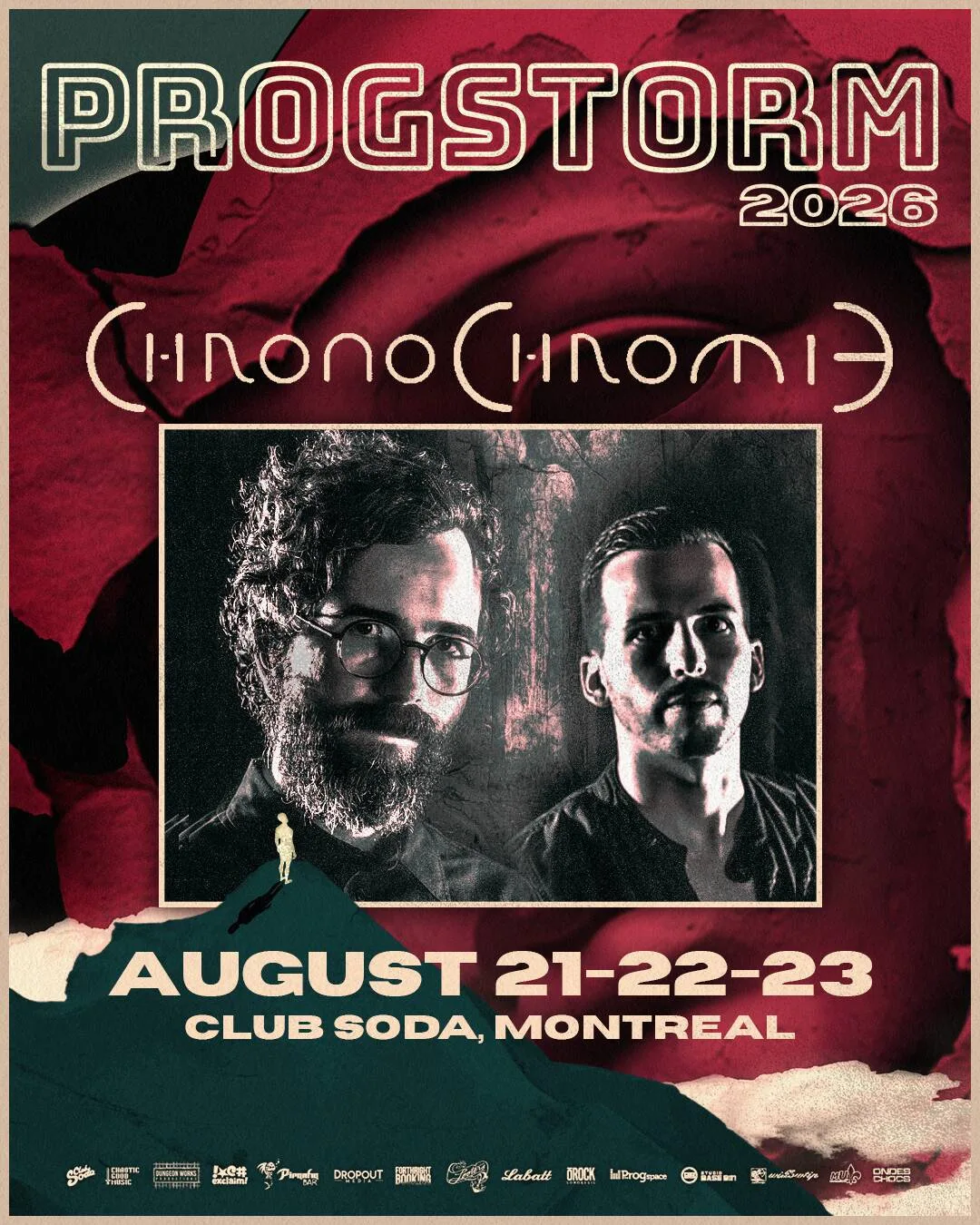
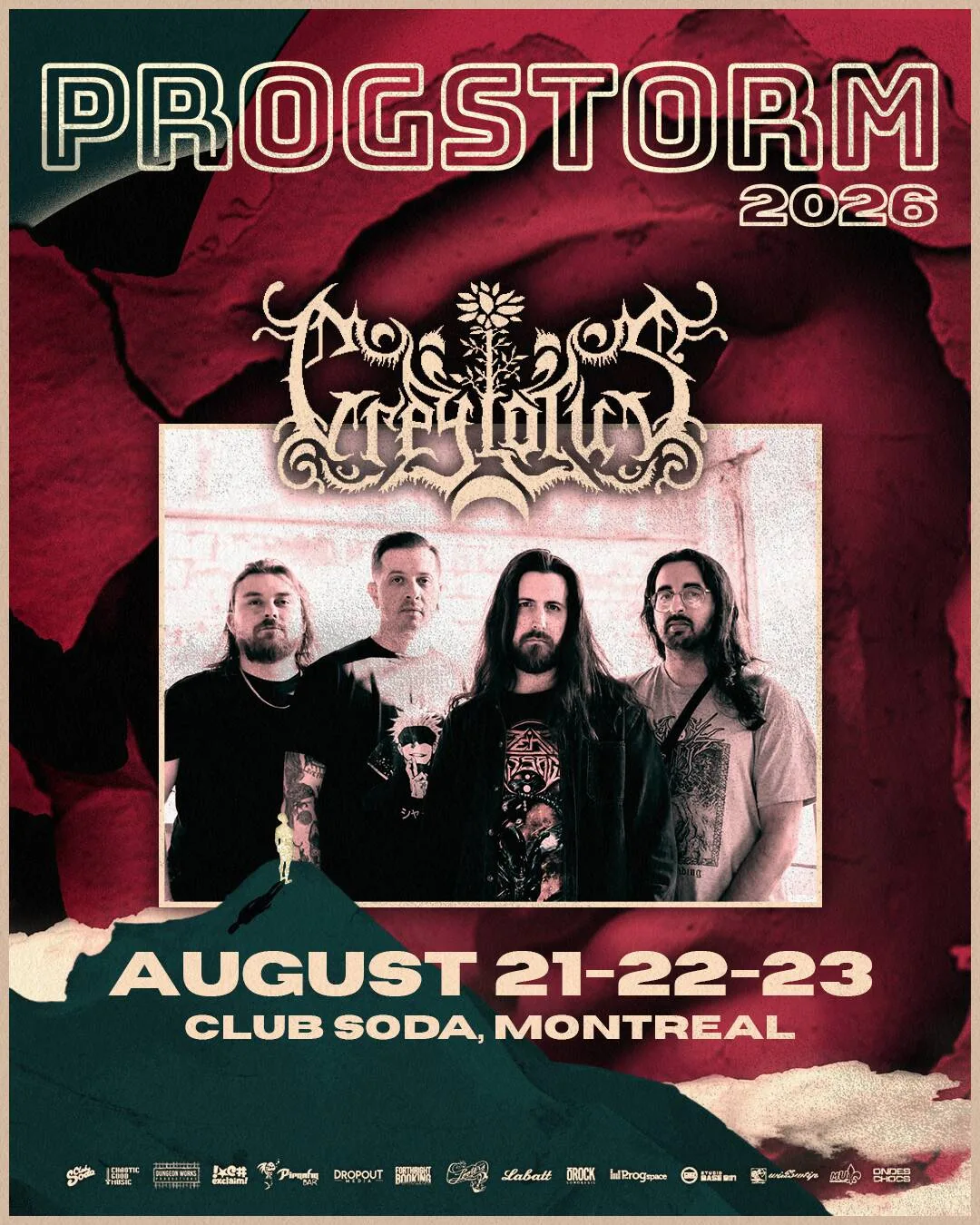

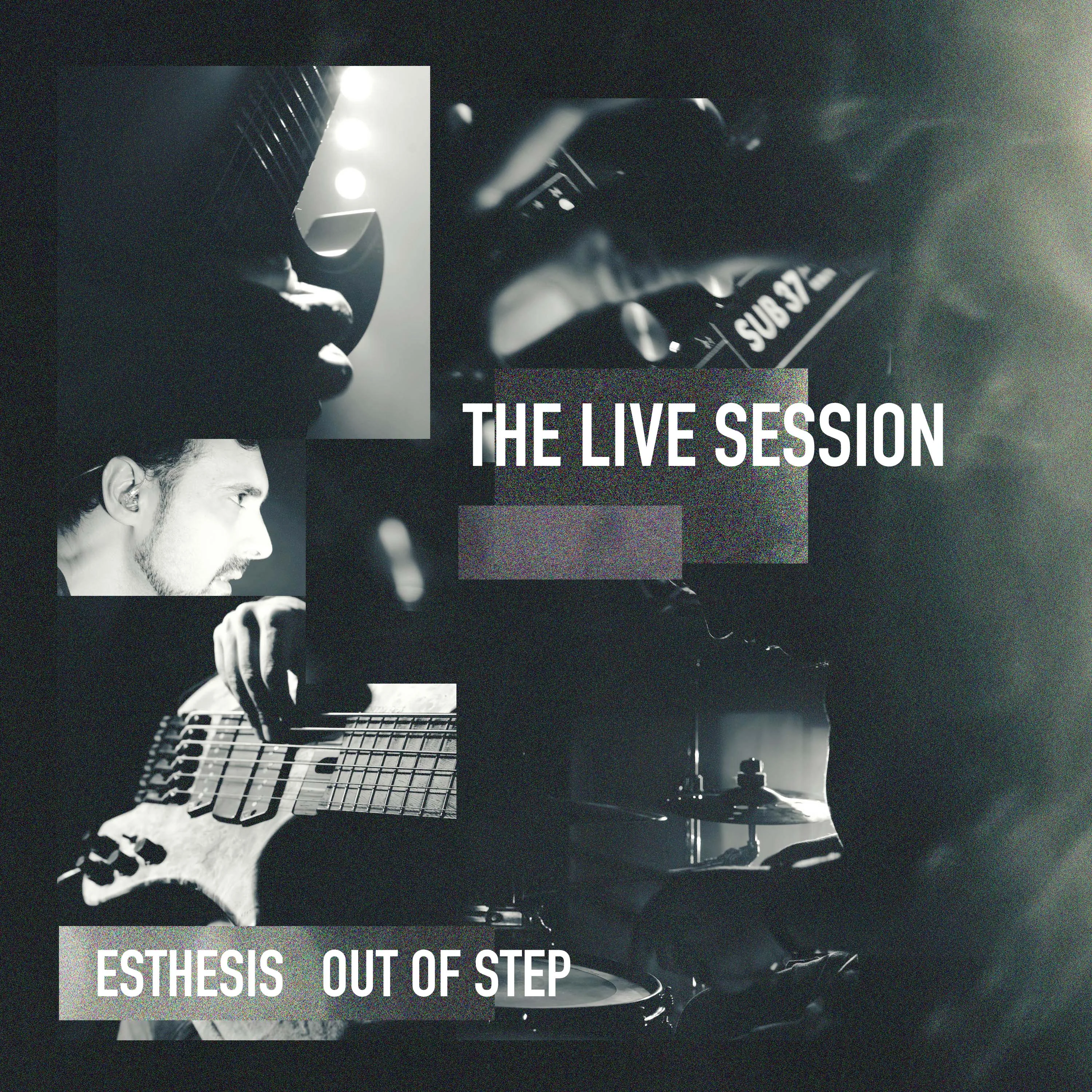
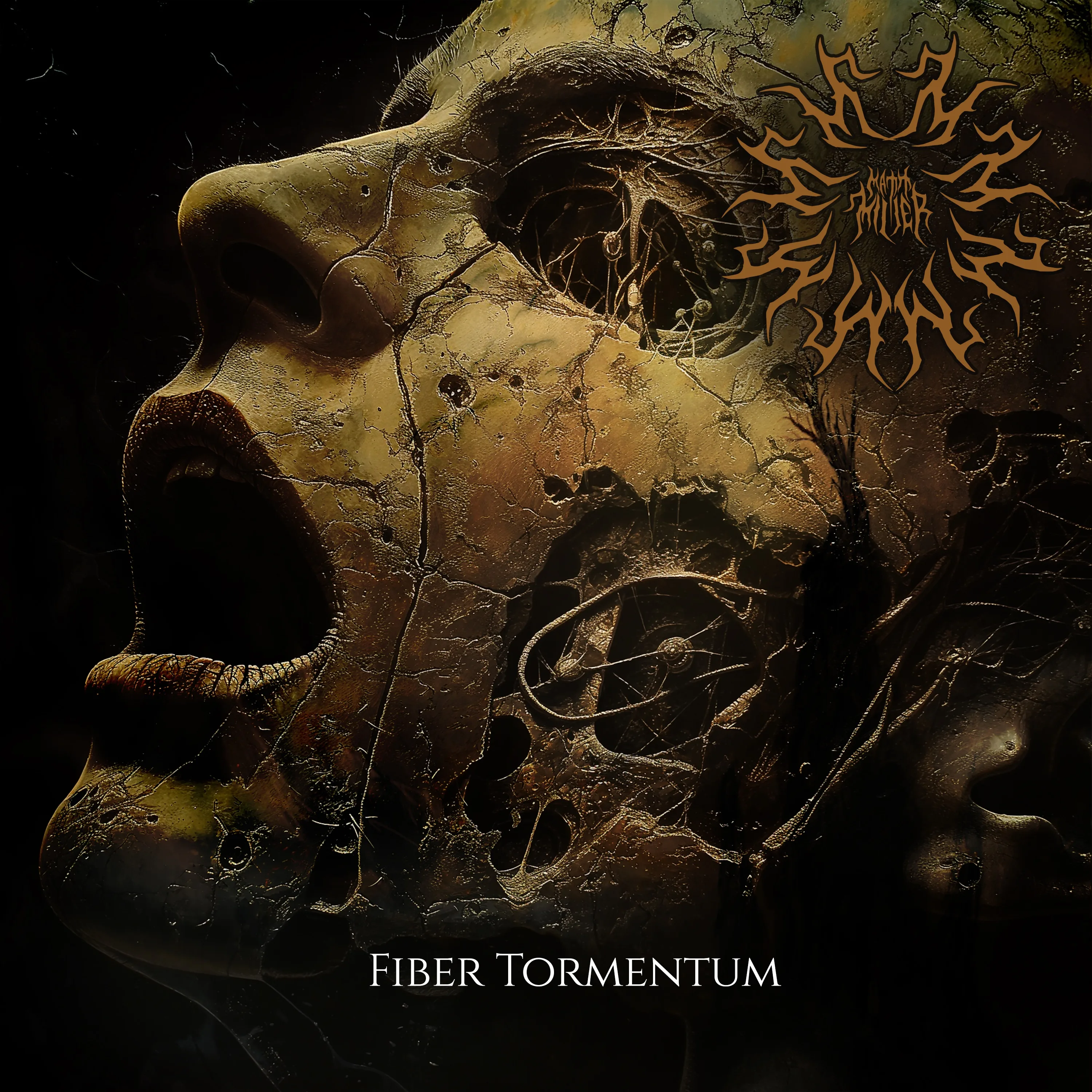
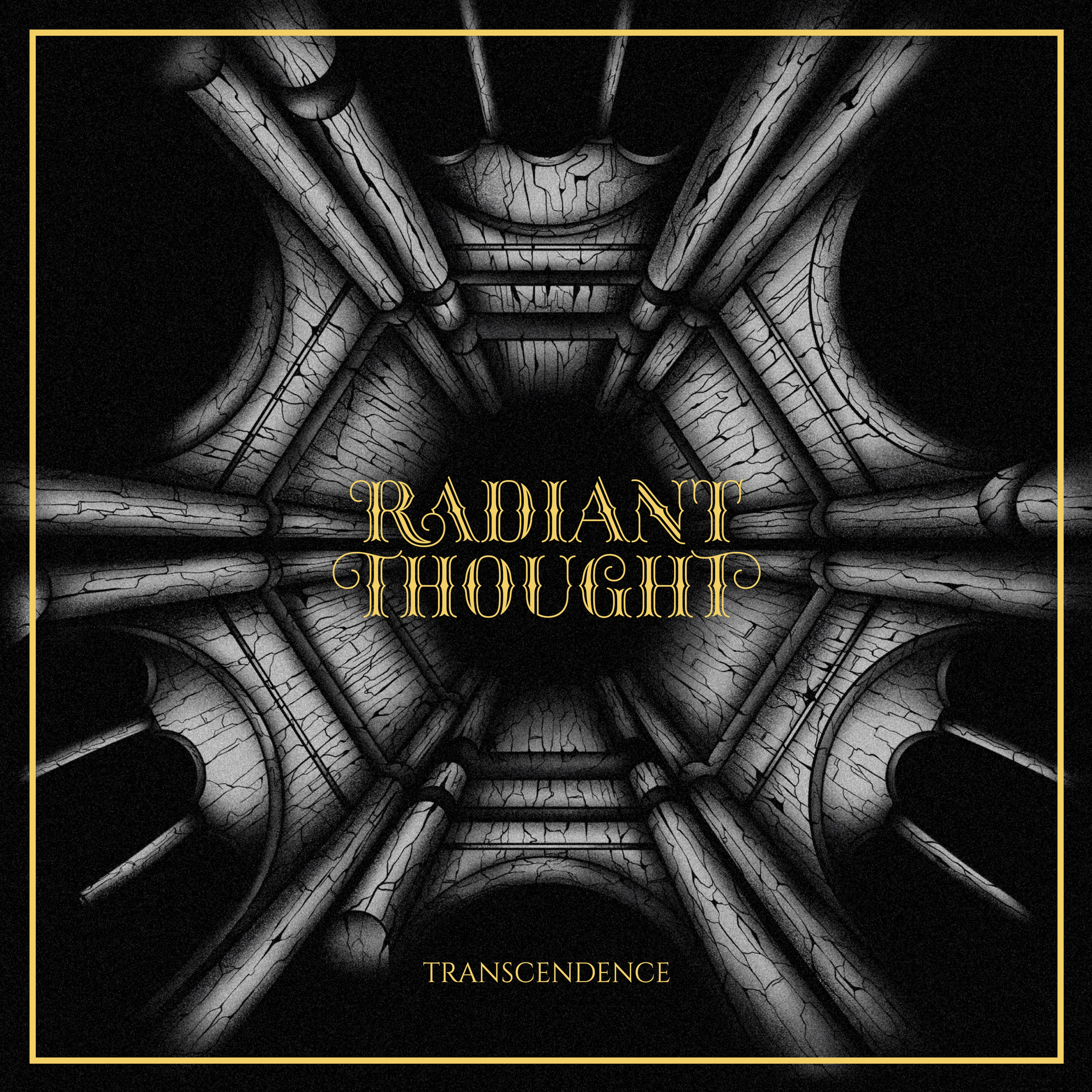
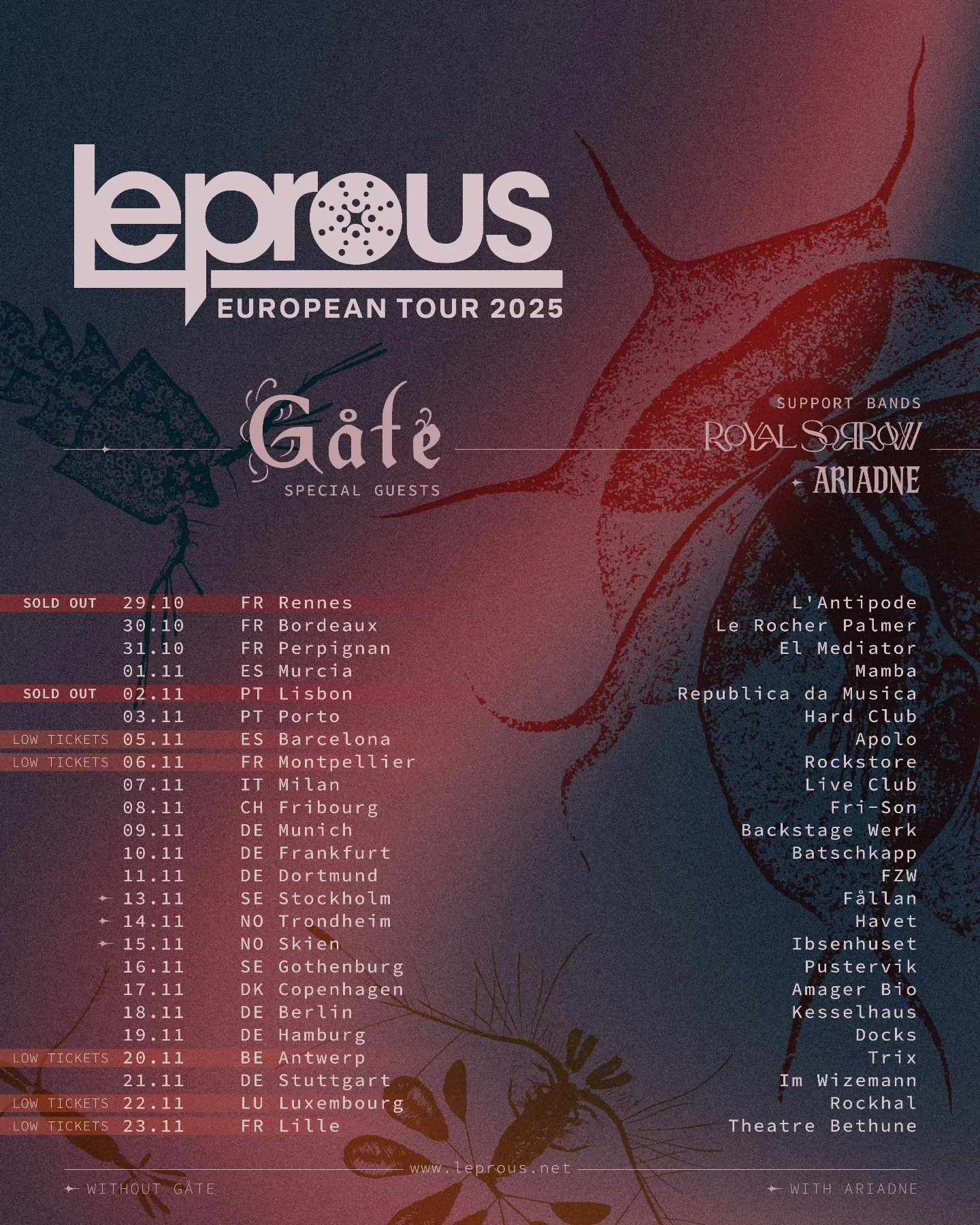
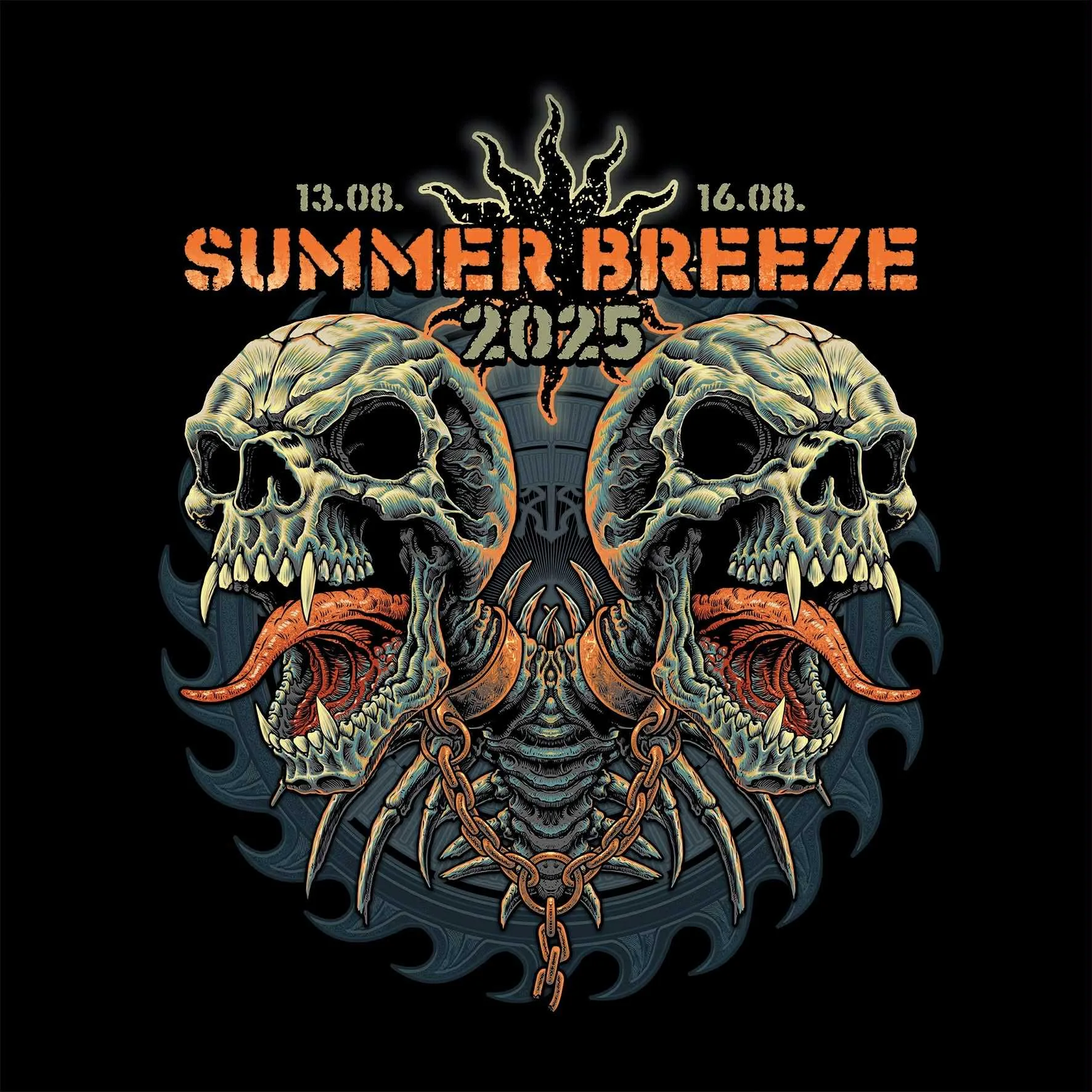



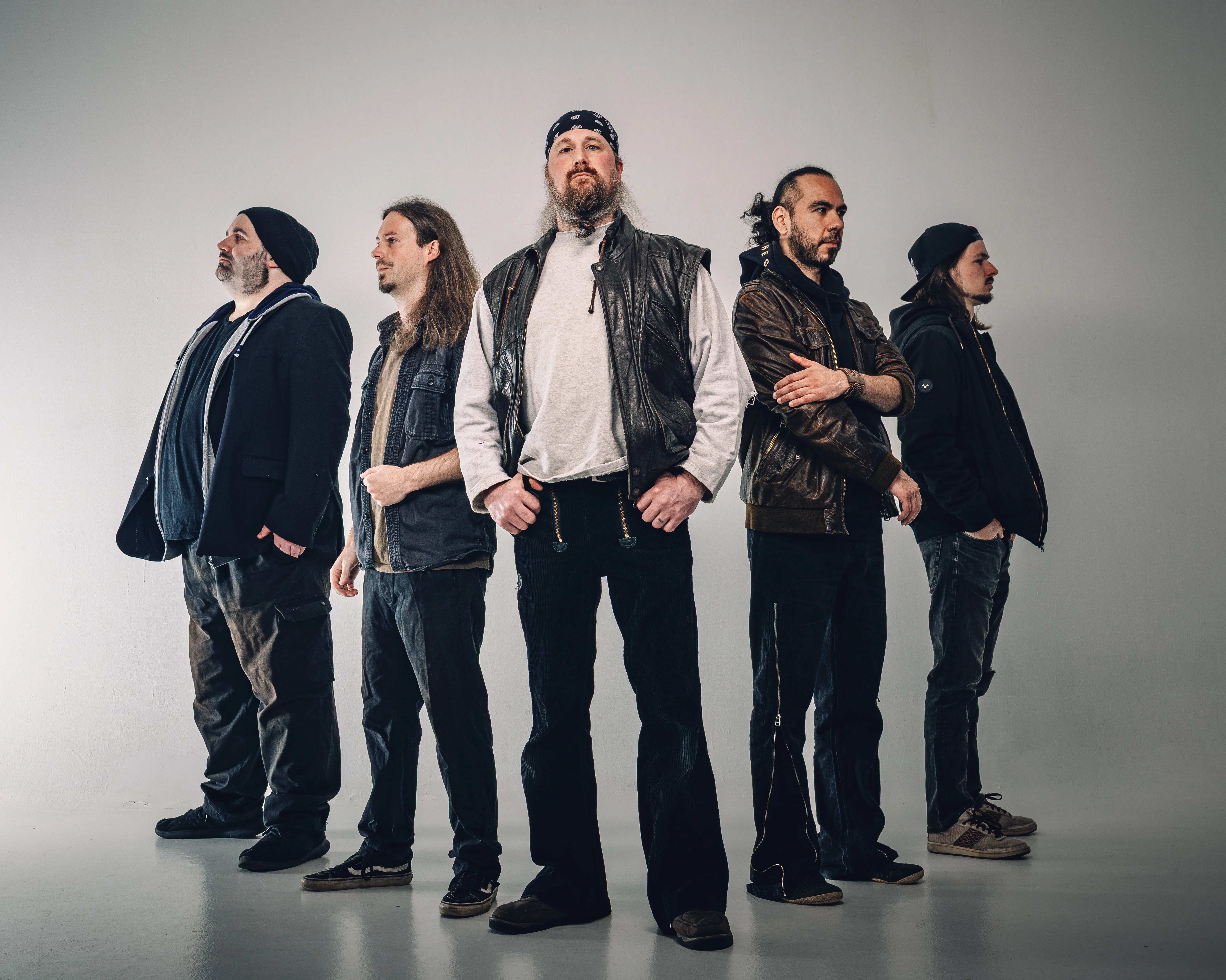
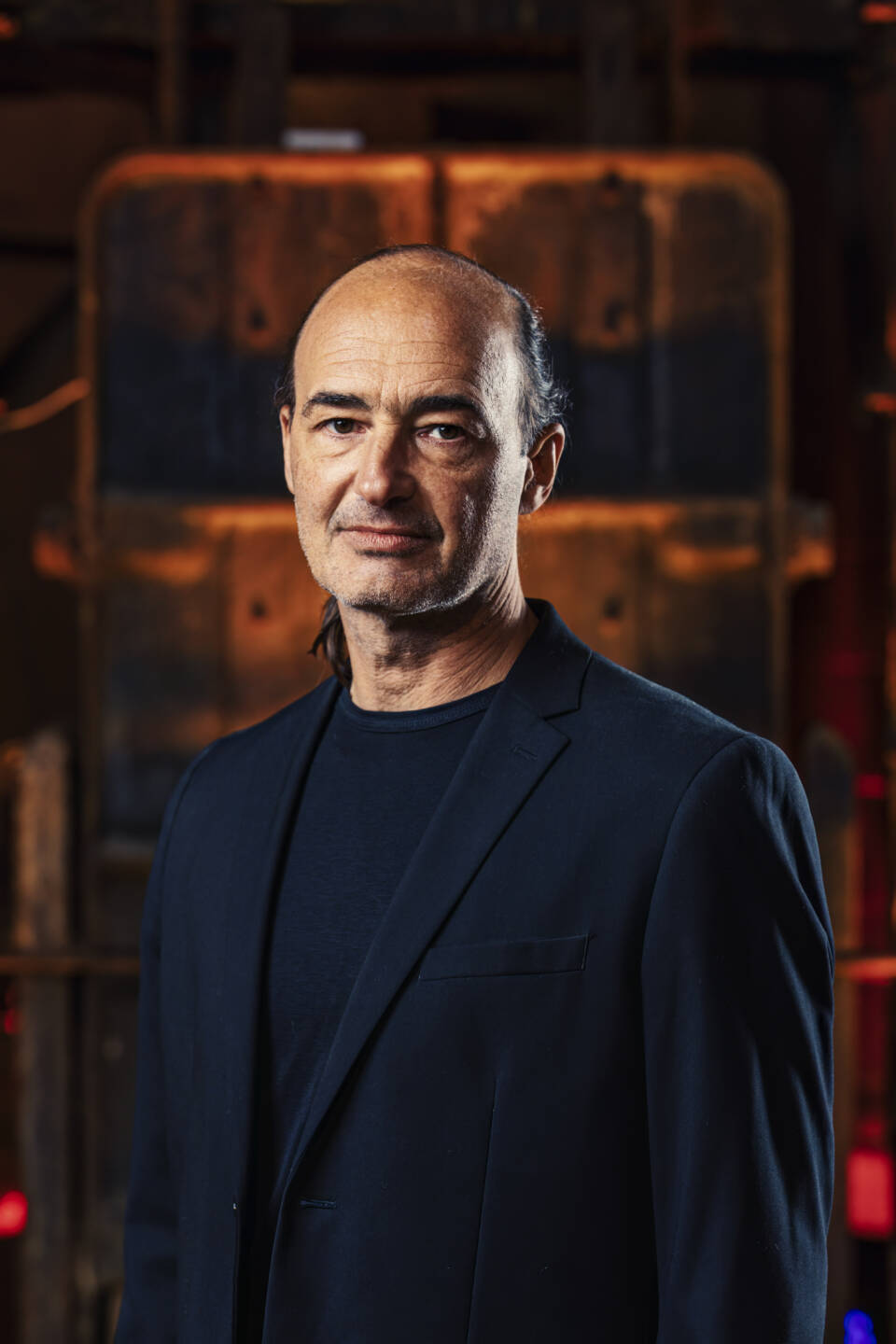
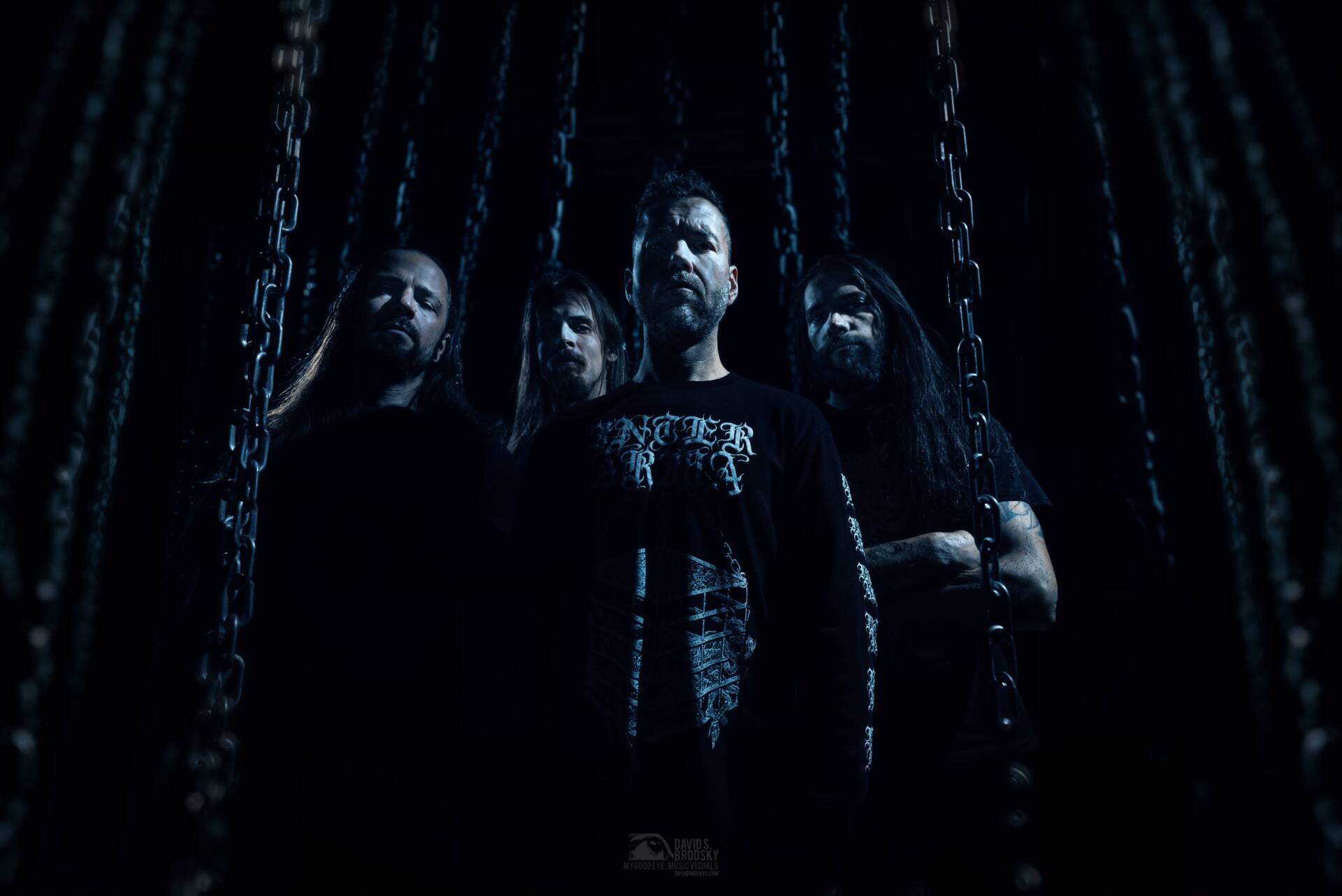
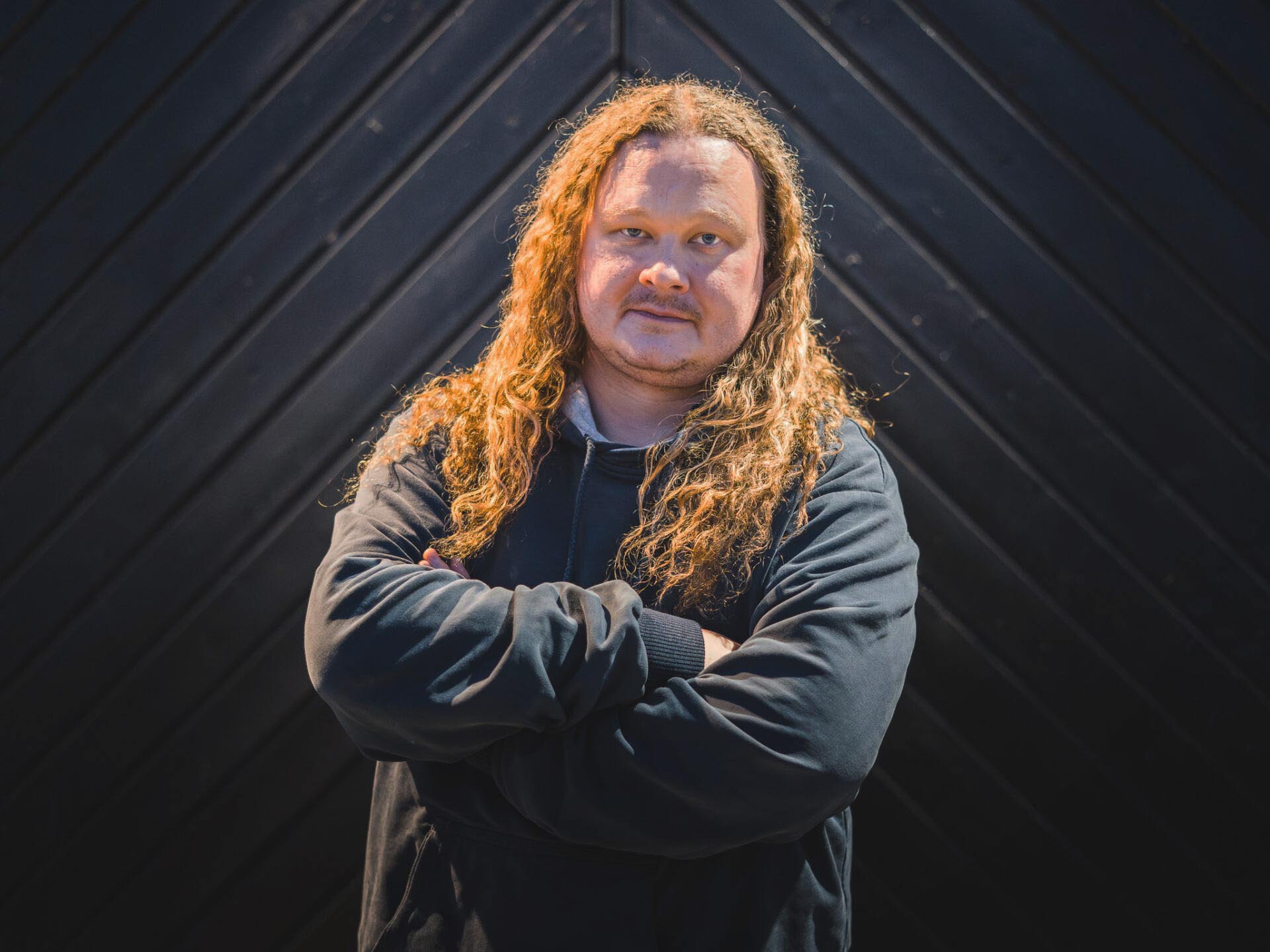
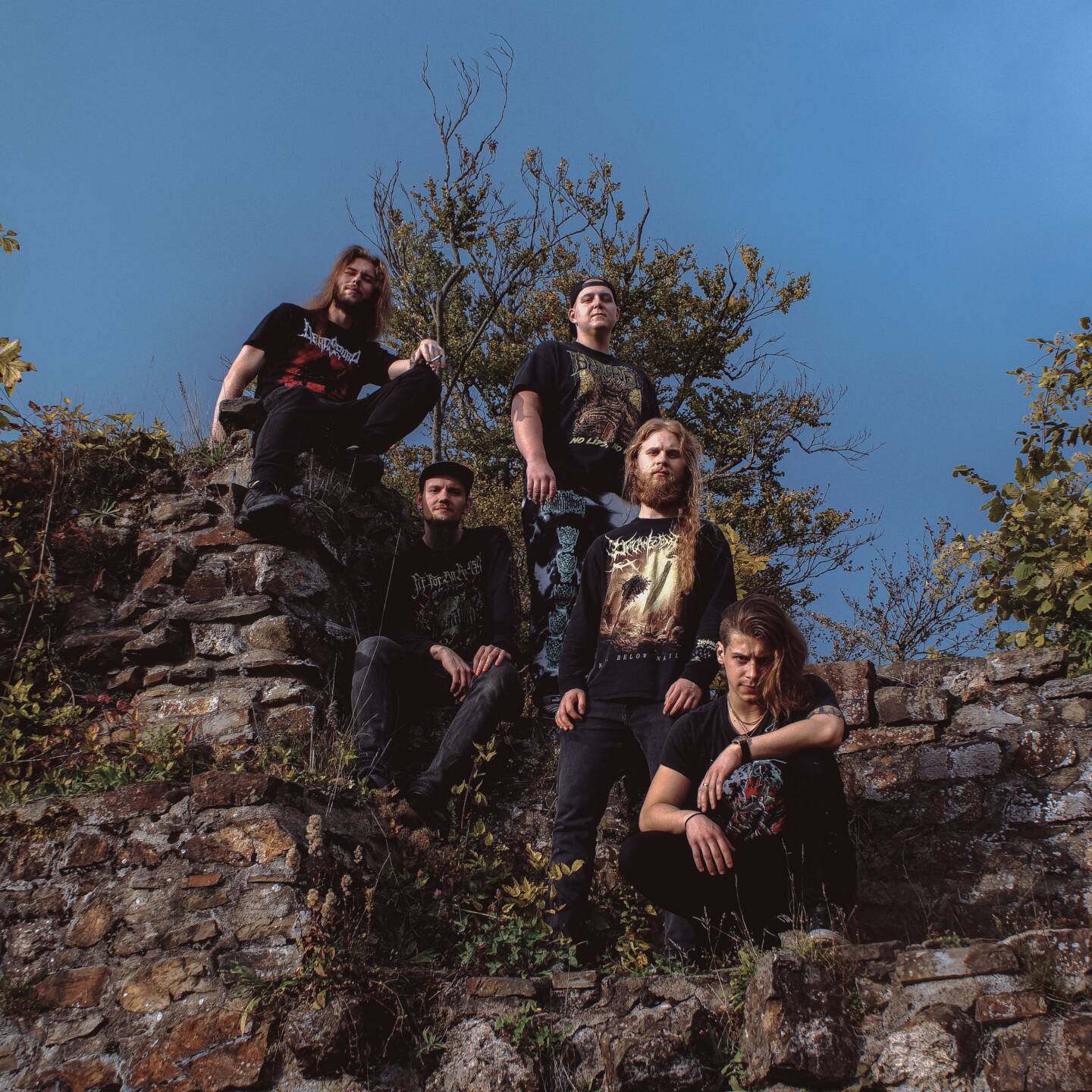
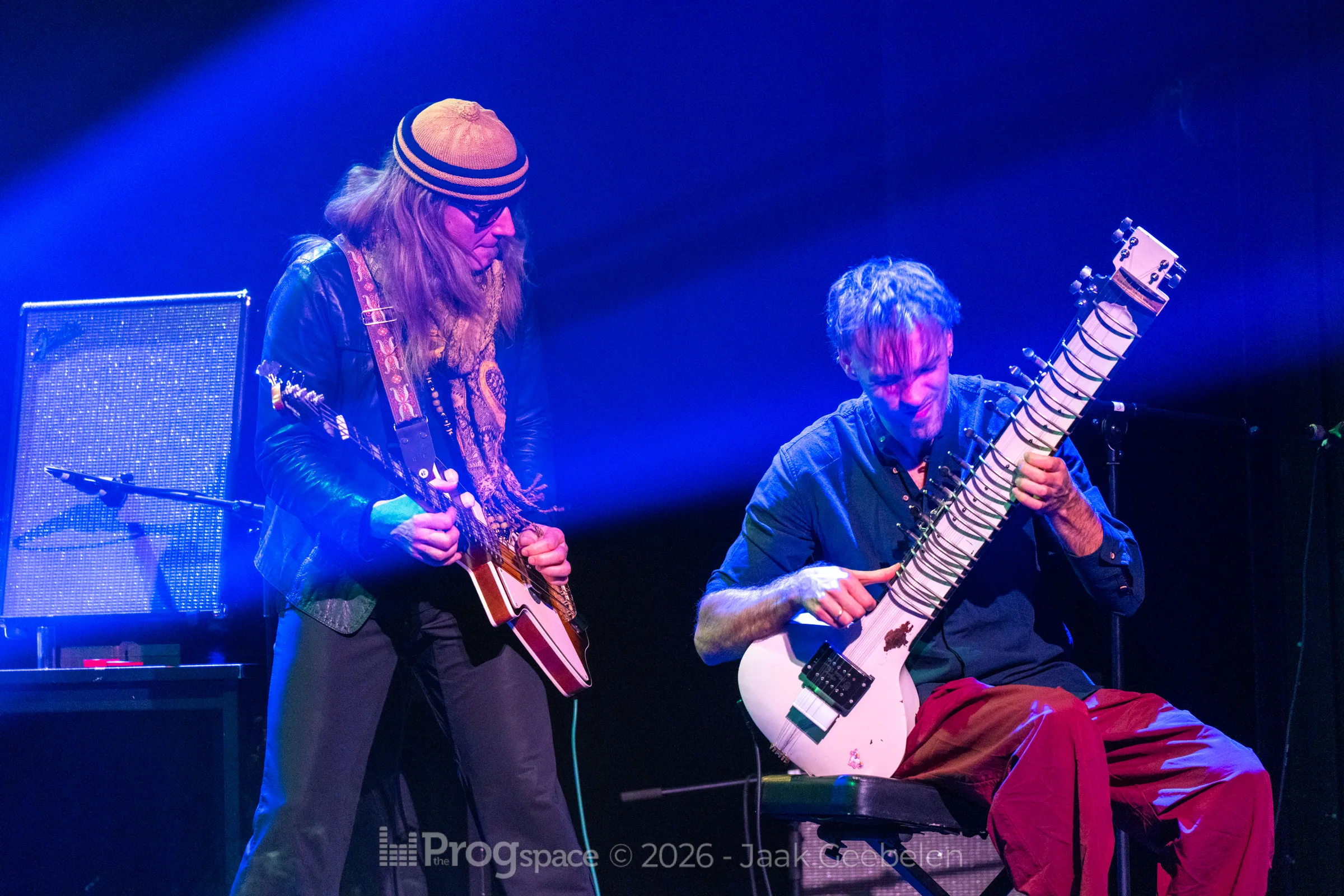
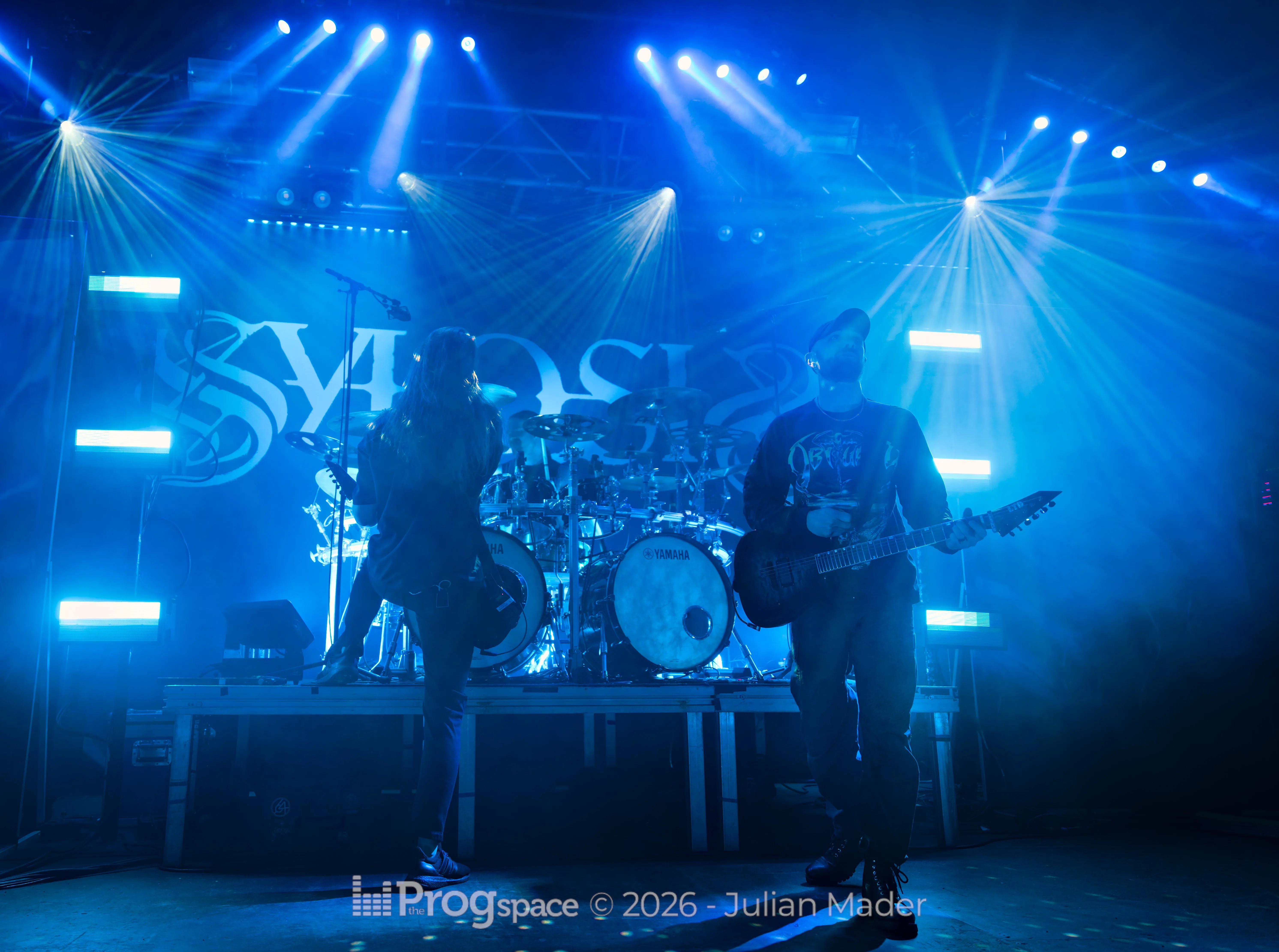
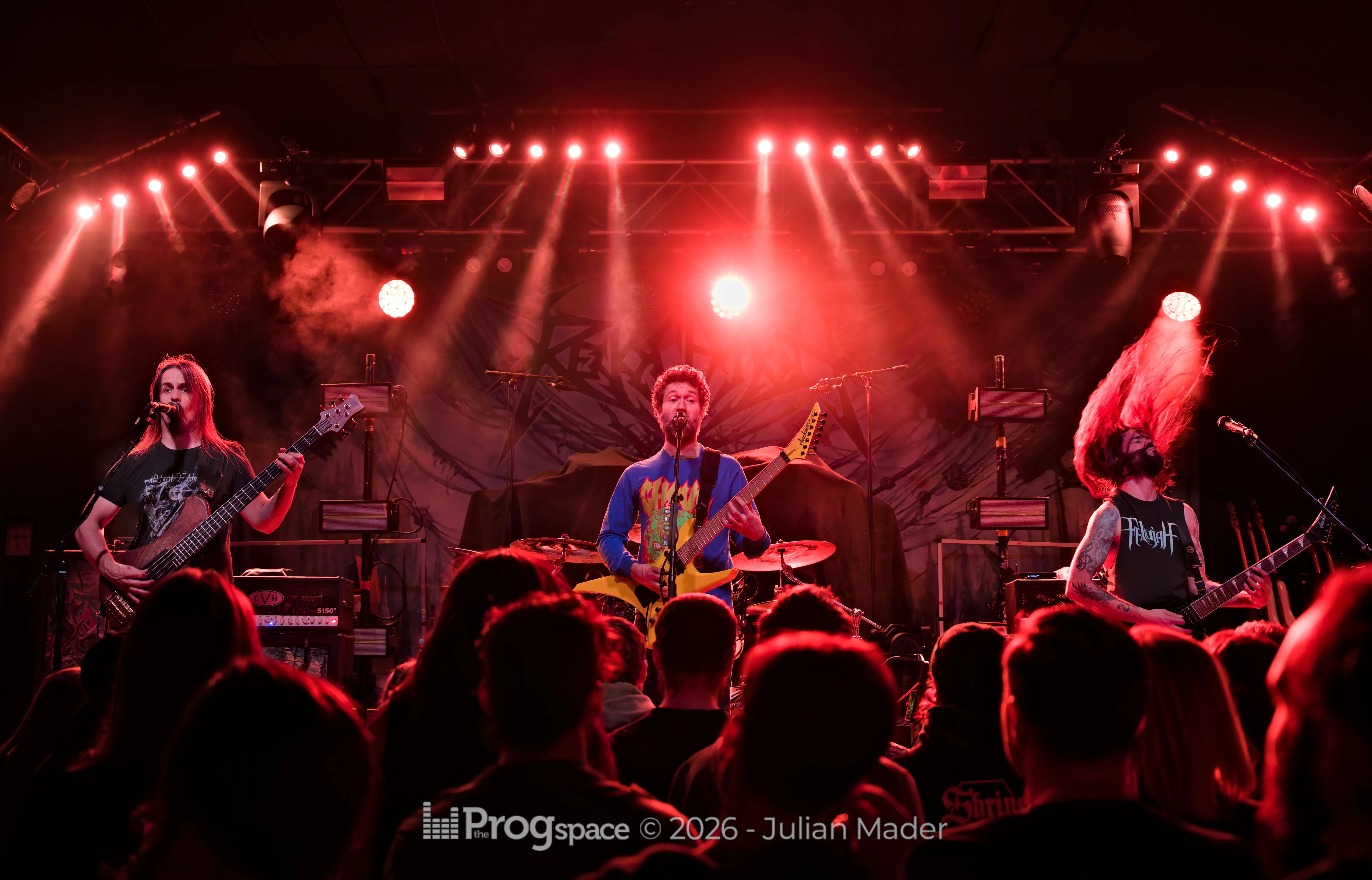
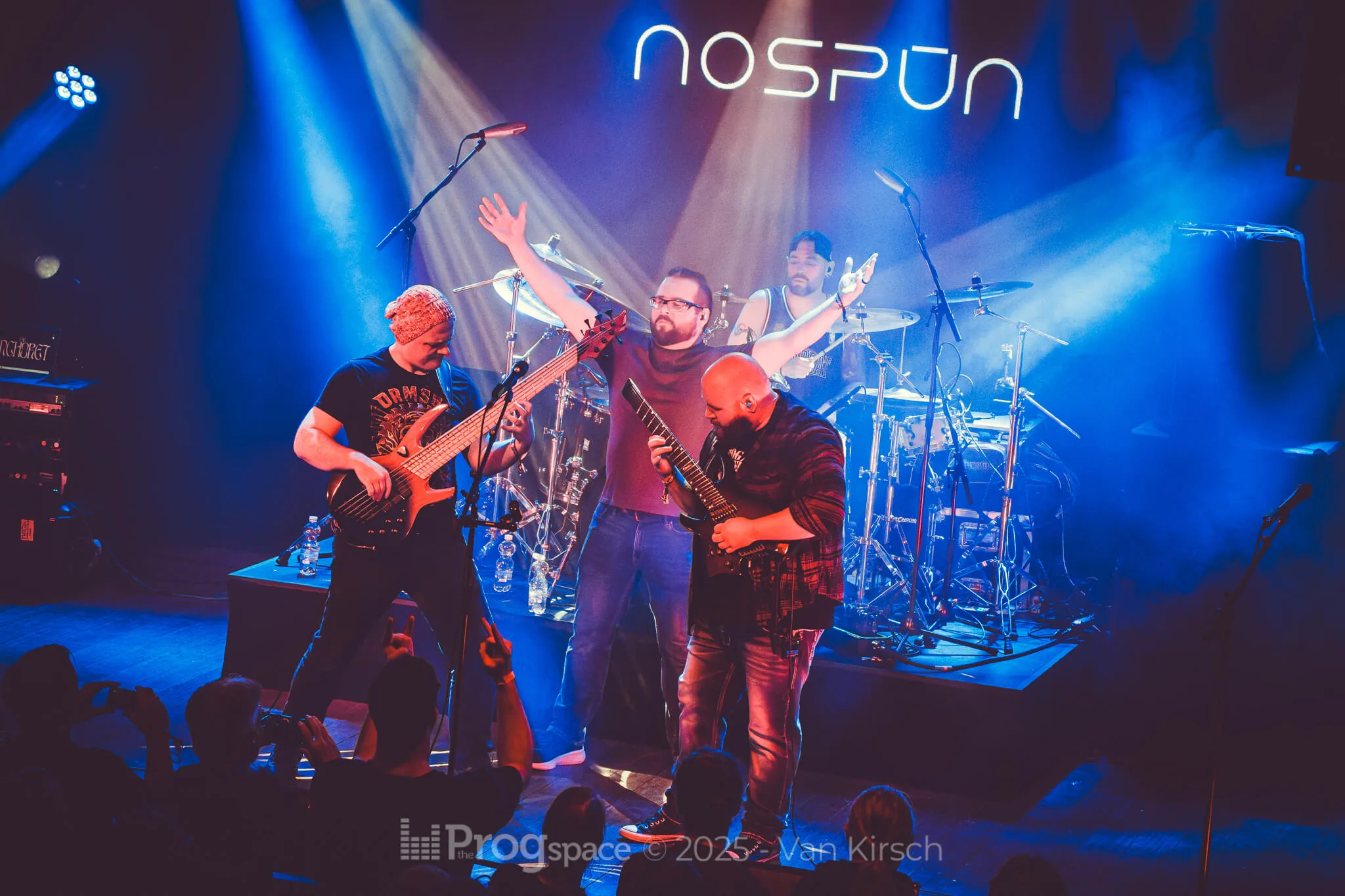
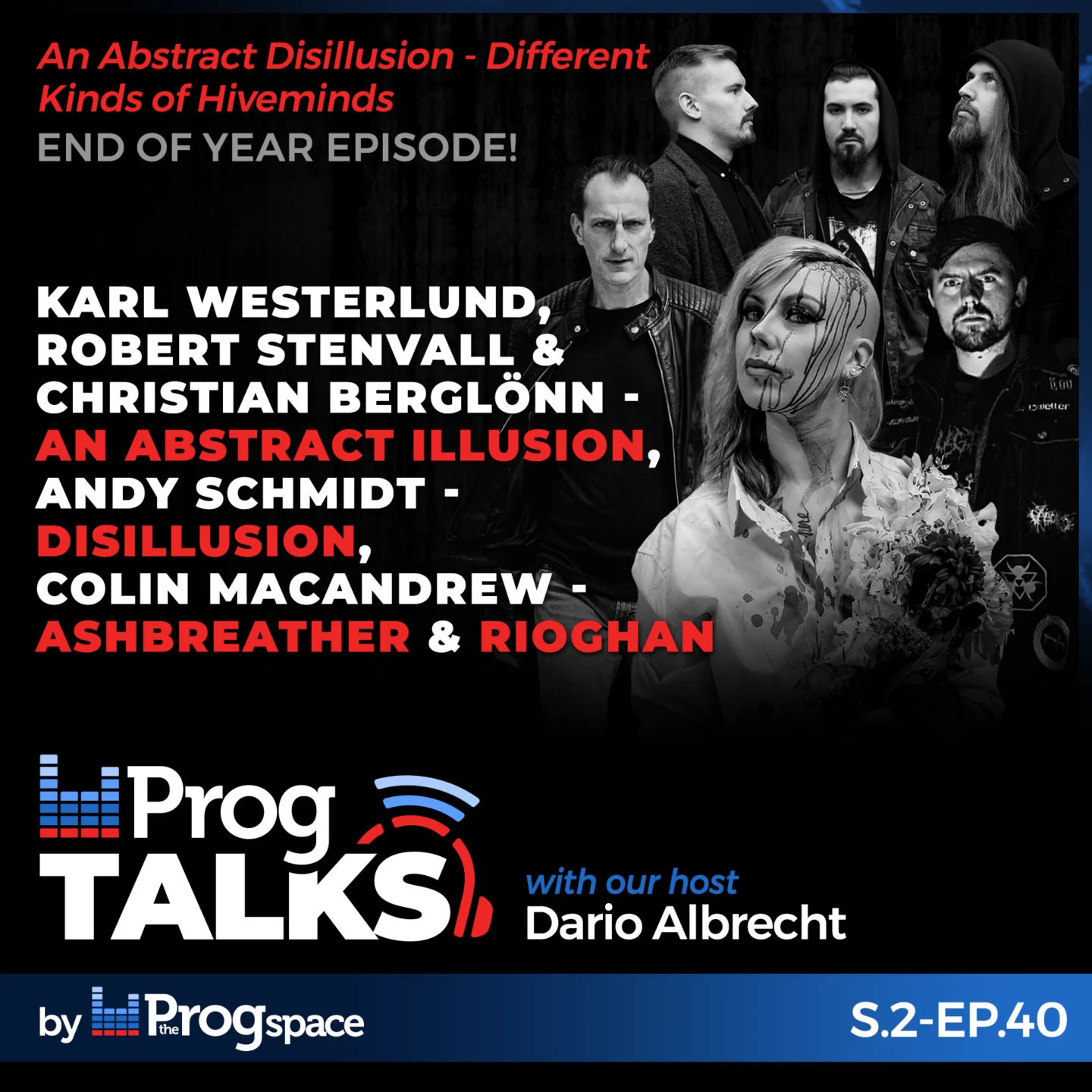
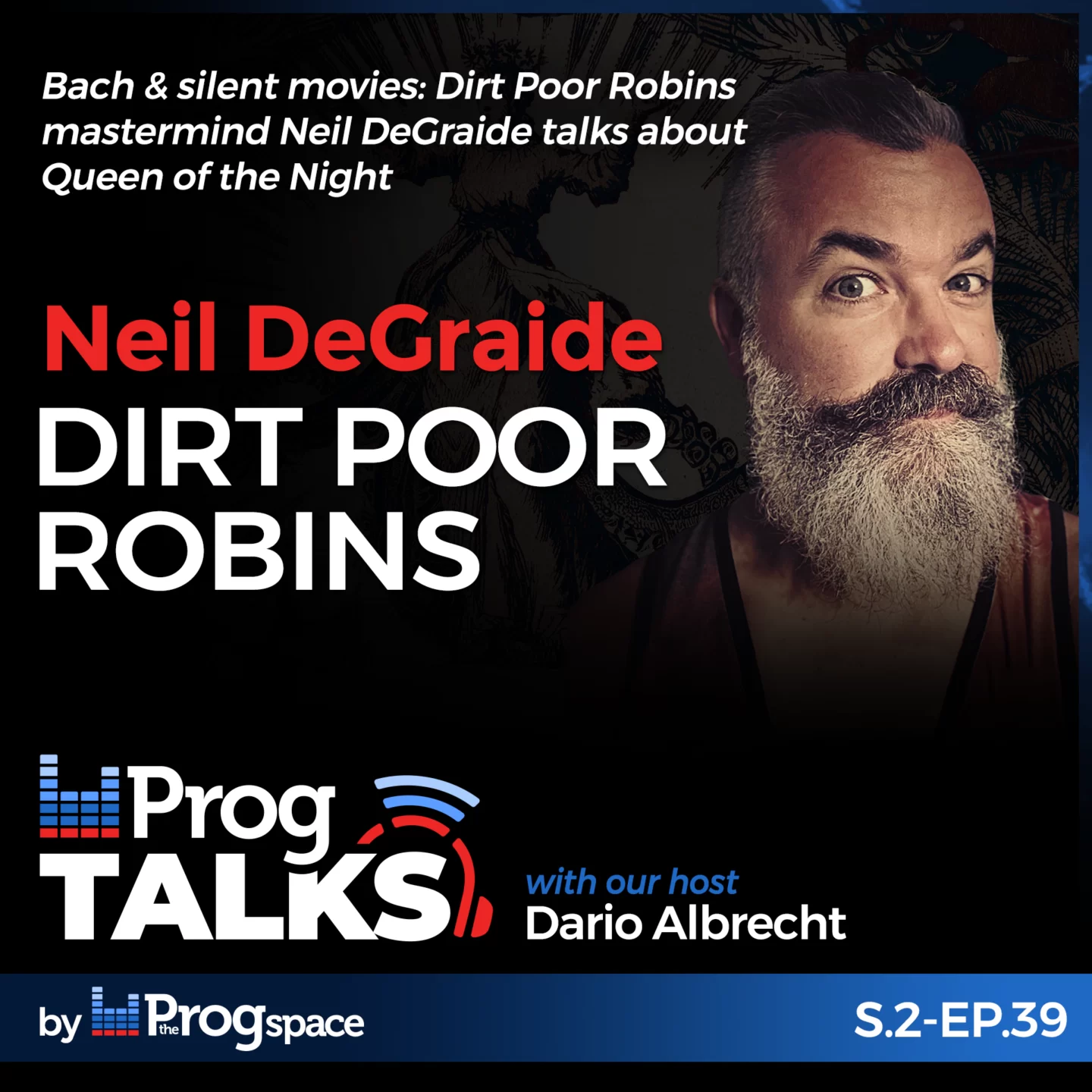
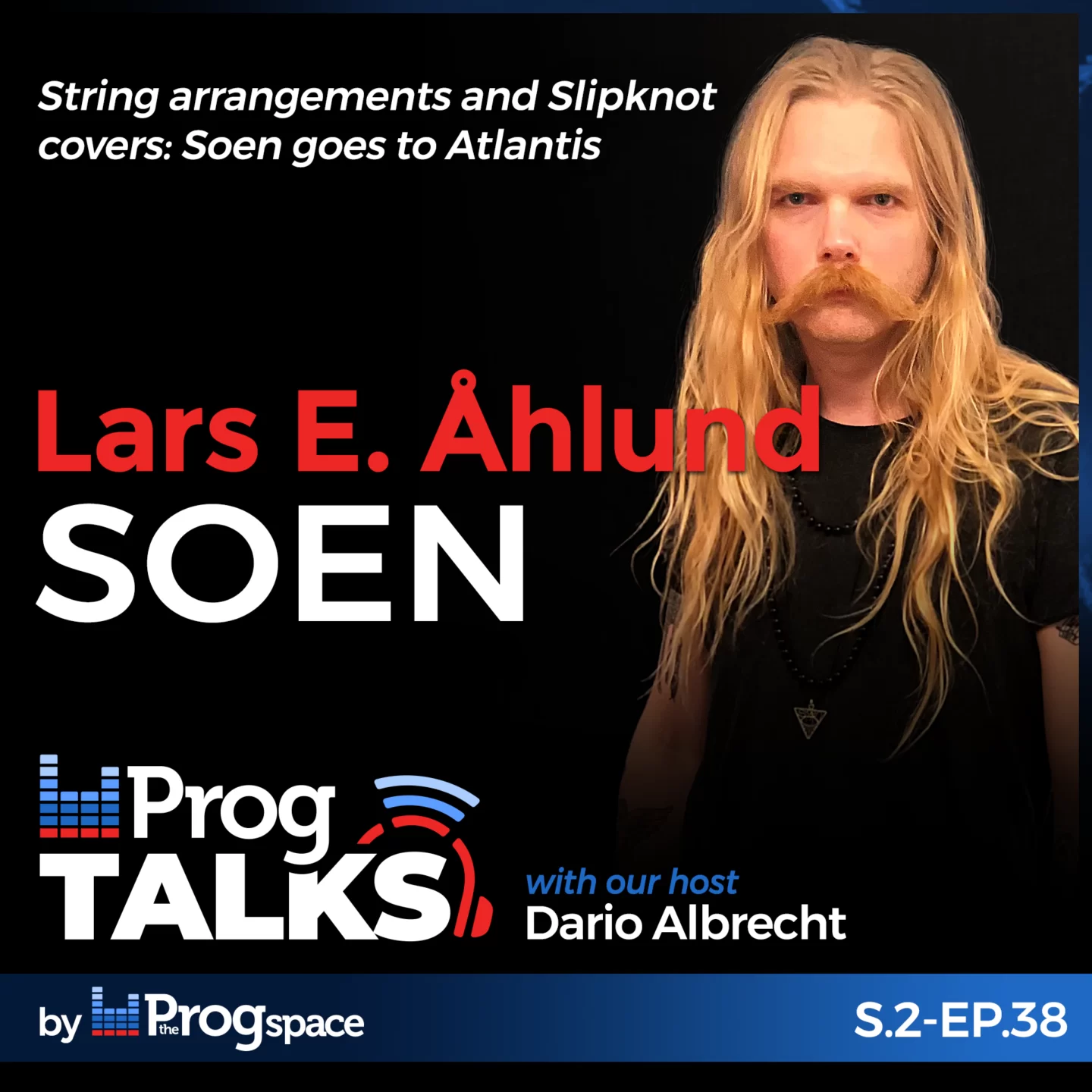
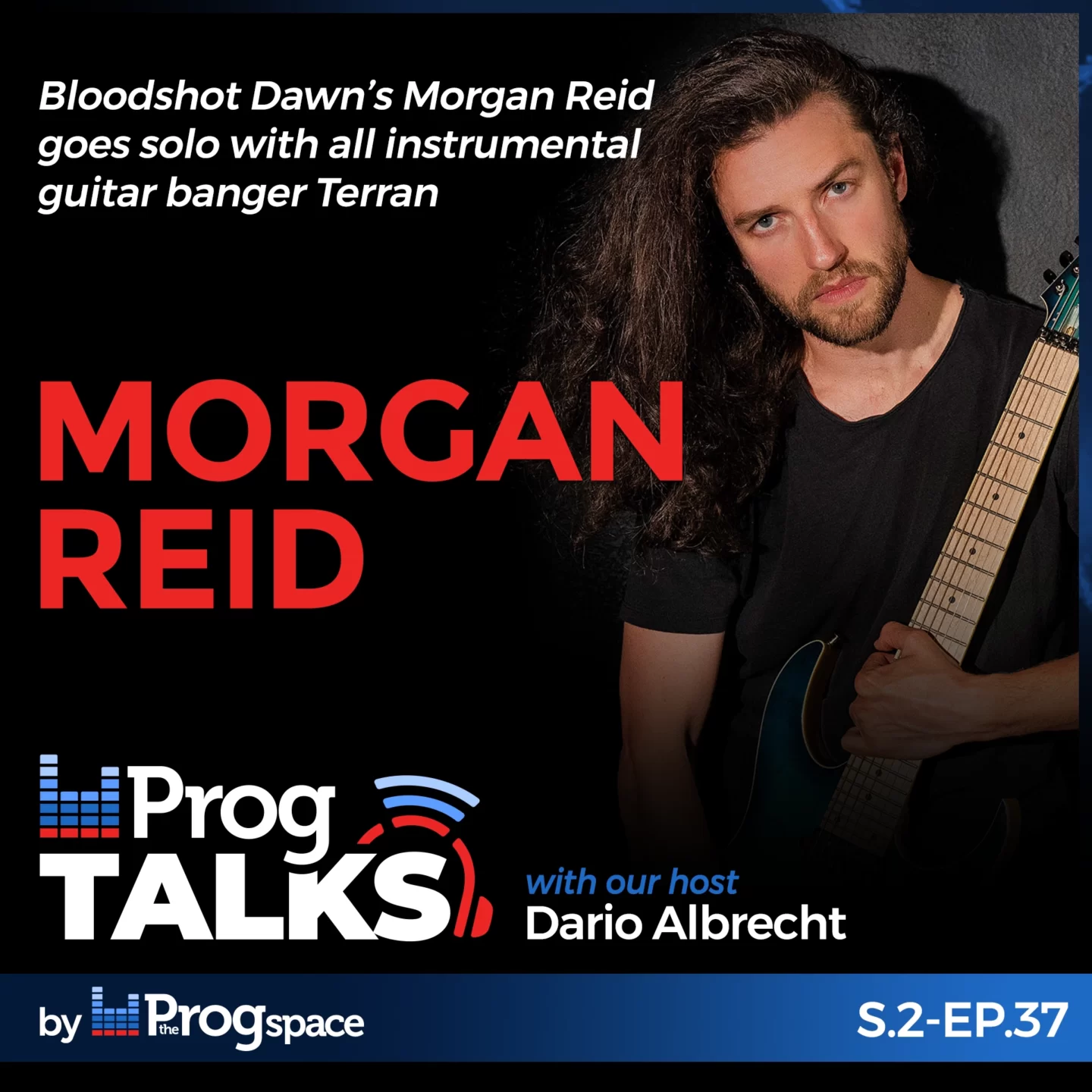
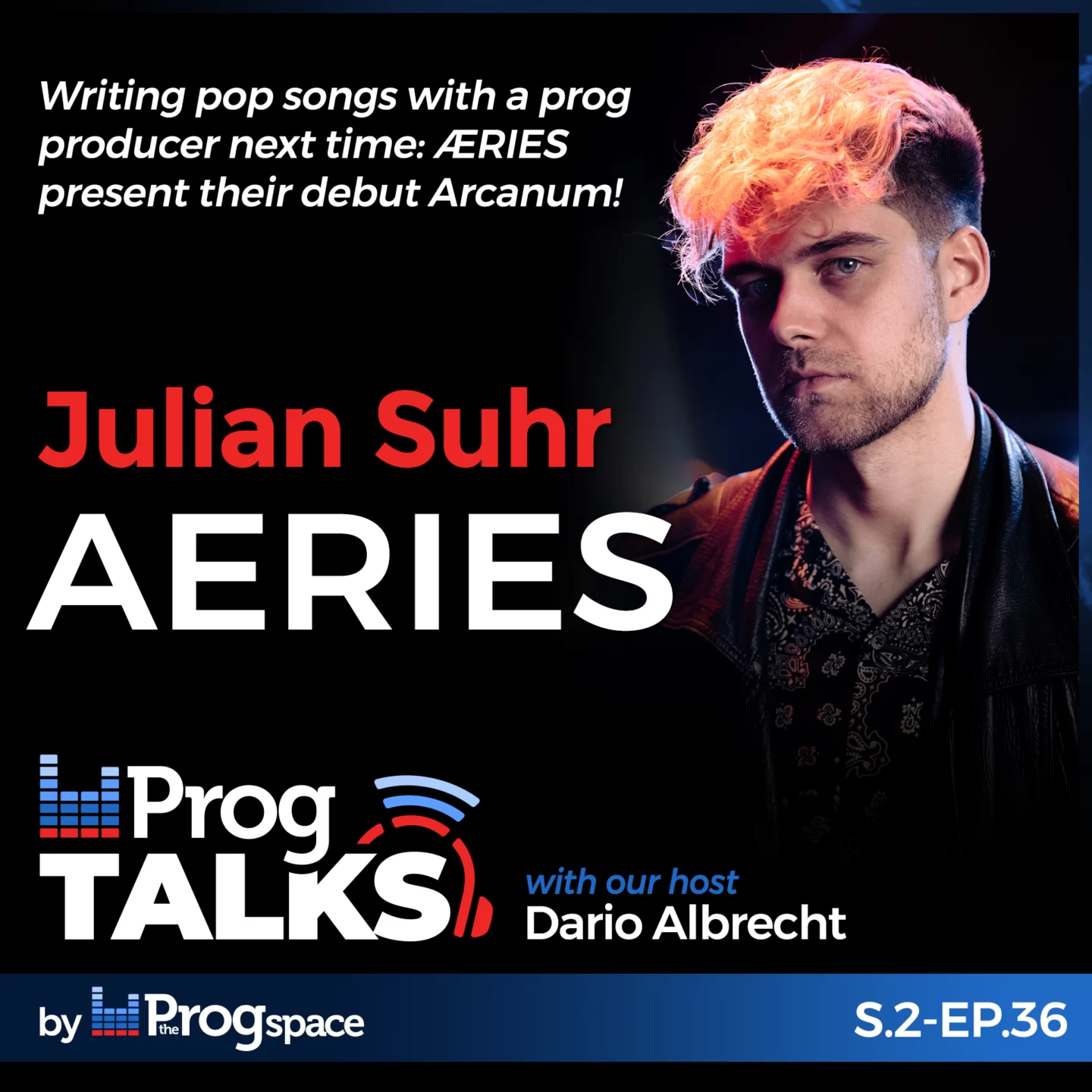

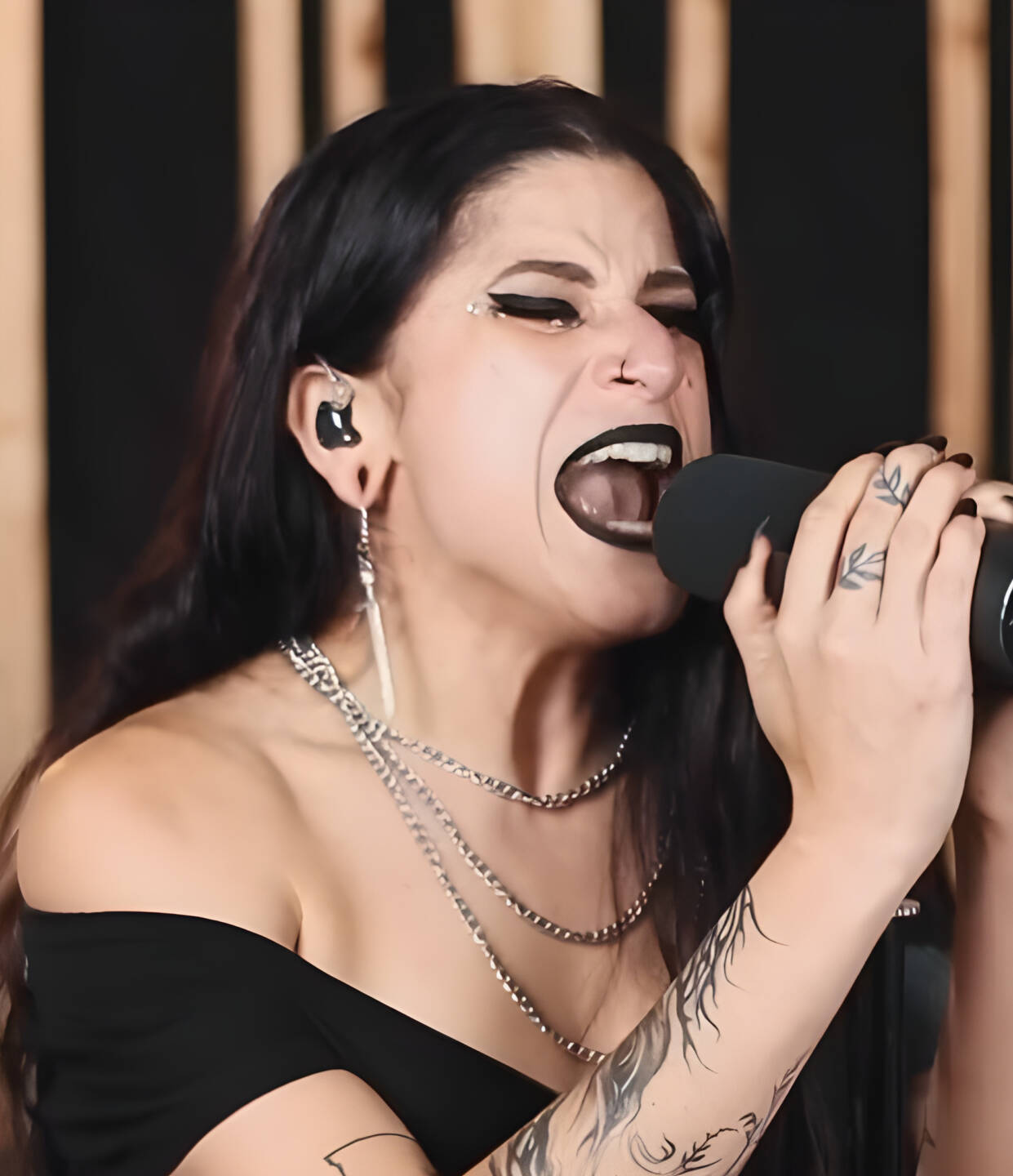
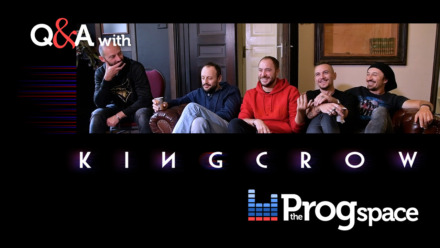
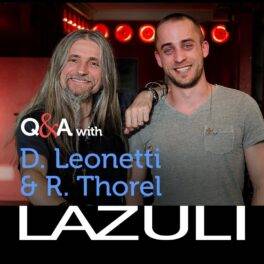
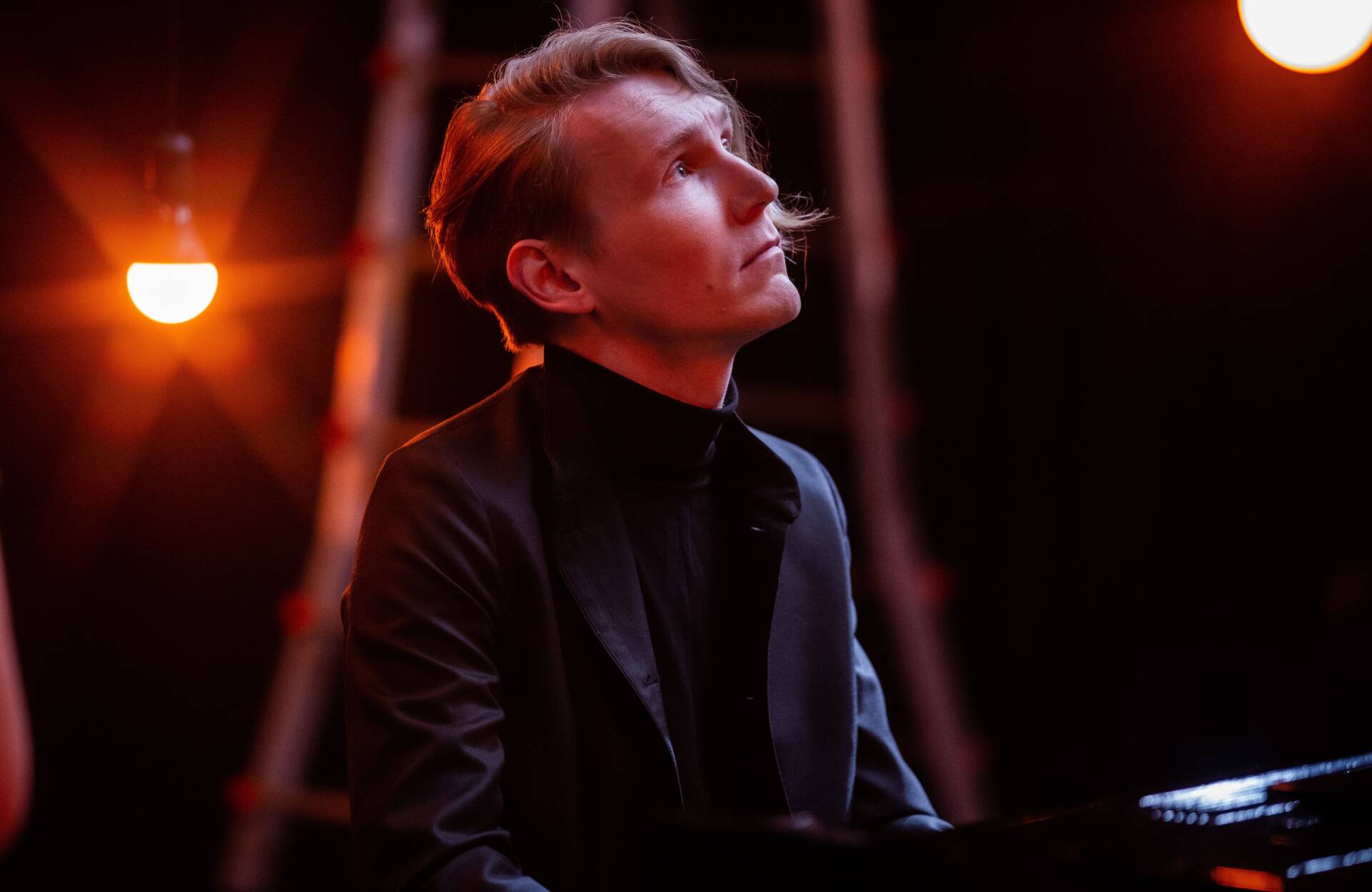
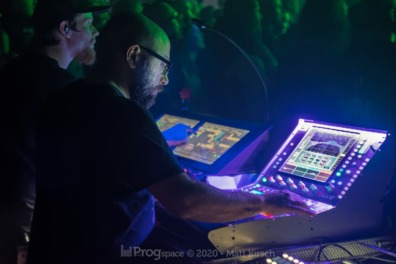


 We’re a group of Prog-lovers who started a journey to share with you our thoughts about albums, concerts, tours and festivals, the photo galleries of the Prog concerts we visit, as well interviews with upcoming or established musicians or prog-related people. Follow our Facebook page for frequent updates and news around the Progniverse.
We’re a group of Prog-lovers who started a journey to share with you our thoughts about albums, concerts, tours and festivals, the photo galleries of the Prog concerts we visit, as well interviews with upcoming or established musicians or prog-related people. Follow our Facebook page for frequent updates and news around the Progniverse.